FLUVIAL
BANNER CATALOGUE
All banners are 5.5’ tall x 4.5’ wide, made with 100% Cotton Ripstop Fabric and prepared with a Cyanotype Emulsion.
This catalogue represents the content of 66 of 69 banners created for the 2020 Farm/Art DTour for a site specific artwork, FLUVIAL.
Documented on site, these images record the elements of the site and the transparency of the cloth, occaisionally diplaying a ghost image of the other side of the banner as the sun shines through.
︎︎︎the FLUVIAL collection for sale ︎︎︎back to projects

1a
1b

“We used to have school picnics in there. The trees would turn color so pretty. After the Government took it over, they used it as a testing area” “I was never allowed to go near water as a child”

“God put us here to take care of his creation and to love and provide for others and I believe our community holds very strong to that priviledge of life” “A lot of the names that we have here are names from Germany”

“dad would work dusk to dawn but my mom was up before and after him doing the necessary ‘behind the scenes’ tasks.” “my earliest memory is climbing the hills to the hickory nut trees. It was quite the climb for me and my brother. Ma generally came with us.”
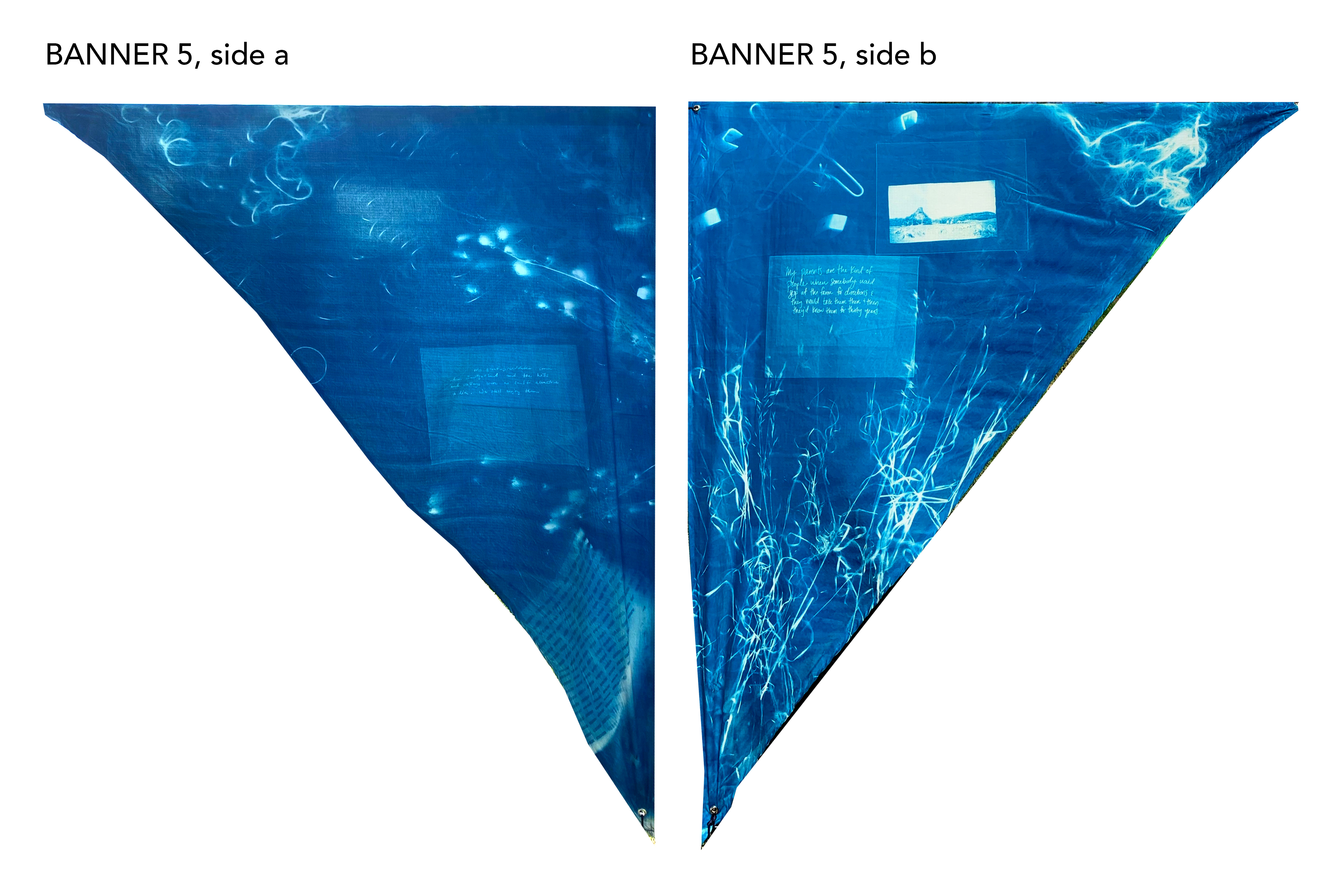 “My Great-Grandfather came from Switzerland and the hills and waterways were no doubt attractive to him. We still enjoy them.”
“My parents are the kind of people where somebody would stop at the farm for directions and they woudl take them tehre and then they’d know them for thirty years.”
“My Great-Grandfather came from Switzerland and the hills and waterways were no doubt attractive to him. We still enjoy them.”
“My parents are the kind of people where somebody would stop at the farm for directions and they woudl take them tehre and then they’d know them for thirty years.”

“my ancestors came here after the civil war in 1866 from Germany. They settled here and we still have this little farm in the family, 153 years now” “Wood lots of leafy trees interspersed by pines and tamaracks put on a great fall show. The farmfields and wood lots provide a crisp palate of color as they ready for harvest.”
 “you get up and look at them steep hills where you got rock and stuff there - it’s beautiful”
“Neighbors that were miles away not a few feet. Going to neighbors homes and talking for hours about nothing. Having said neighbors feed you a meal. ‘Cause they were lonely.”
“you get up and look at them steep hills where you got rock and stuff there - it’s beautiful”
“Neighbors that were miles away not a few feet. Going to neighbors homes and talking for hours about nothing. Having said neighbors feed you a meal. ‘Cause they were lonely.”

“In winter I could watch the low sunrise and sunset slowly inch its way north with each day - until it reached the farthest northern points - stayed for four or five days - and then slowly inched its way south again.” “I’m the last one of six generations and my kids aren’t going to be on the farm. I’m afraid they aren’t going to keep it.”

“Just have this part of country!” “My hope for the land is for it to be allowed to be a community rich with biodiversity teeming with life above and below ground level.”

“The features that I think are the most intriguing are the hills and the woods noted within and the creek and the water ways running through the marsh.” “I’m quite certain that I am able to walk over the same sail they did, with my steps placed on the same spots theirs walked.
This is my connection to them and to the land.”
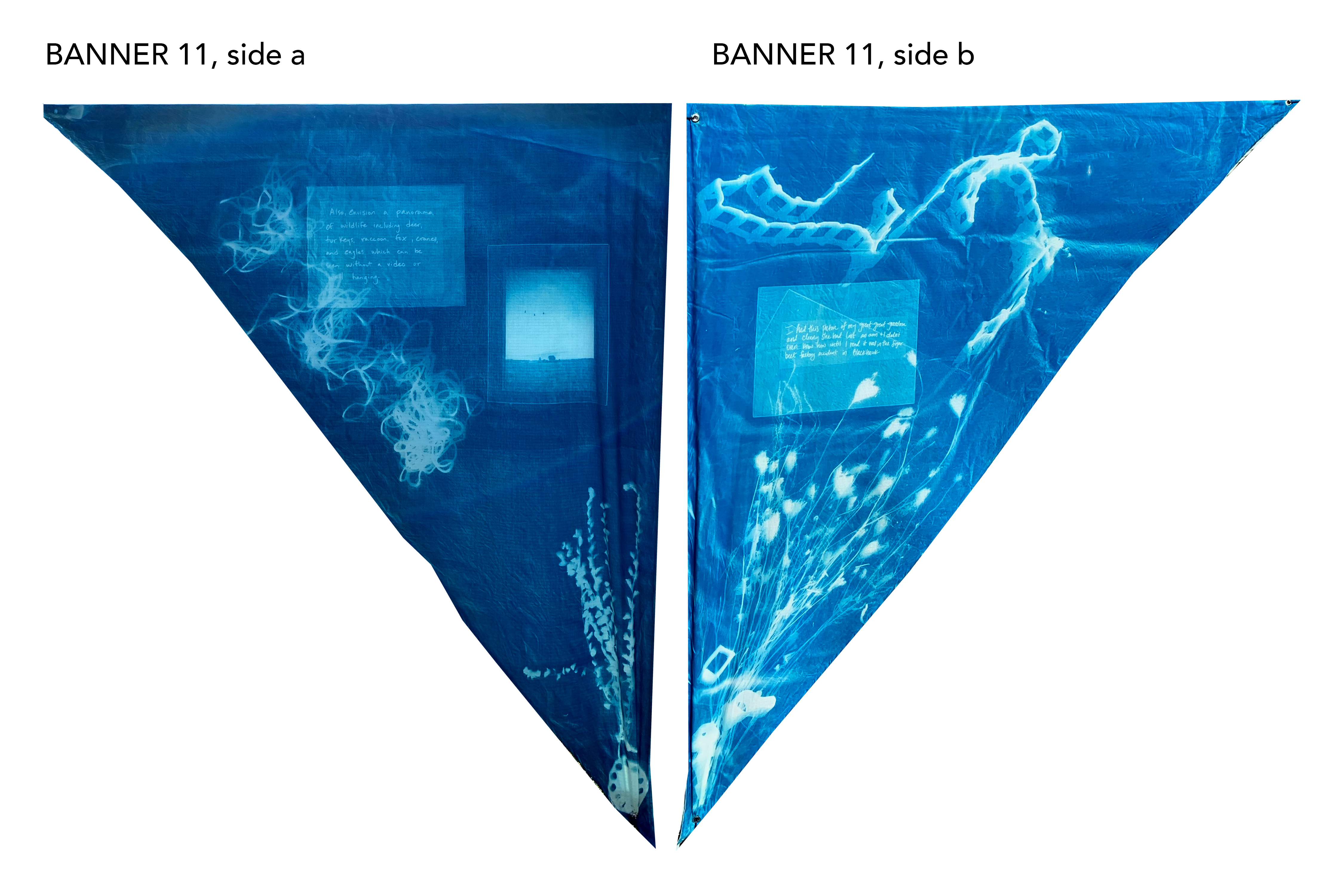
“Also envions a panorama of wildlife including deer, turkeys, raccoon, fox, cranes, and eagles which can be seen without a video or wall hanging.“ “I had this picture of my great-great-grandma and clearly she had lost an arm and I didn’t even know until I read it was in the sugar beet factory accident in Blackhawk.”
 “The land will always be there”
“We had a big wooden barrel in the storeroom upstairs and Grandpa always cracked the nuts during the winter.”
“The land will always be there”
“We had a big wooden barrel in the storeroom upstairs and Grandpa always cracked the nuts during the winter.”
 “That a natural balance be allowed to flourish”
“That a natural balance be allowed to flourish”“natural bridge”

“I like the rural area. It is quiet and peaceful.” “The land is to be wild.
In natural form.”

“Hope the community can find a way for the farmers to keep the family farm and not have to sell it piece by piece to be able to stay here.”
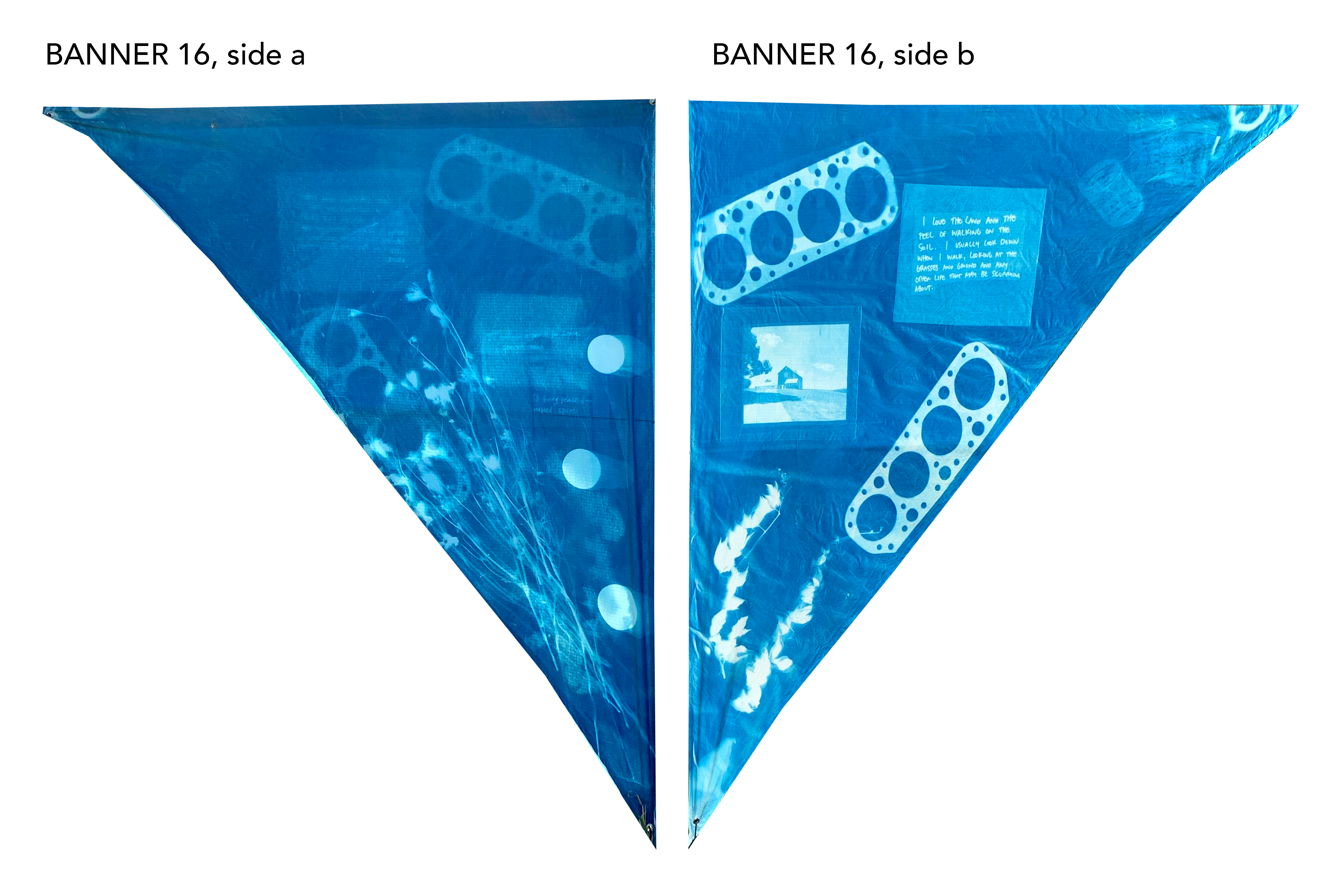 “To bring peace for troubled spirits”
“I love the land and the feel of walking on the soil. I usually look down when I walk, looking at the grasses and ground and any other life that may be scurrying about.”
“To bring peace for troubled spirits”
“I love the land and the feel of walking on the soil. I usually look down when I walk, looking at the grasses and ground and any other life that may be scurrying about.”

“White people called us Winnebago we call ourselves ho-chunk. But the ho-chunk PEOPLE had lost some land in bad treaties and there was a delegation of ho-chunk leaders that were going to go to D.C. and to talk to the President, but they promised their people that they would not give away any more land; they would sign nothing else. … in D.C. and the Government captured them there and they wouldn’t let them leave. They promised to go and kill their families and destroy the people... that’s how they coerced them into signing a treaty... Essentially they lost all their land in that. But they were able to stay living on the land - they had a deal that for a certain amount of years they could live on the land but then all of the sudden, but they didn’t understand this they didn’t have a real translator or none of that, so they continued living there until that time was up and then they started allotting it to farmers to farm. And that’s when they had to move. And they were first moved to Minnesota and then the native uprising happened and all native people were kicked out of Minnesota basically, in the southern part of the state, so there is still a contingent of Ho-Chunk people who call Minnesota, in particular near the Mankato area, their home. And then they ended up moving them to Nebraska, and most of the people went back, they left and went back to Wisconsin. But there were enough, a couple thousand of them, who said ‘let’s stay here’ and they ended up buying part of the Omaha reservation.”
 “In recent years the wild fluctuations in prices for the food was produce and high land prices brought on by low interest notes do make it hard to plan for the future.”
“What drew them to this area they had never seen before?”
“In recent years the wild fluctuations in prices for the food was produce and high land prices brought on by low interest notes do make it hard to plan for the future.”
“What drew them to this area they had never seen before?”
 “I’m more aware of the wind blowing and the water rushing from the hills.”
“When most think of farming past the image of a man immediately comes to mind. Not to be lost is the relationship between the husband and wife of the farmer.“
“I’m more aware of the wind blowing and the water rushing from the hills.”
“When most think of farming past the image of a man immediately comes to mind. Not to be lost is the relationship between the husband and wife of the farmer.“
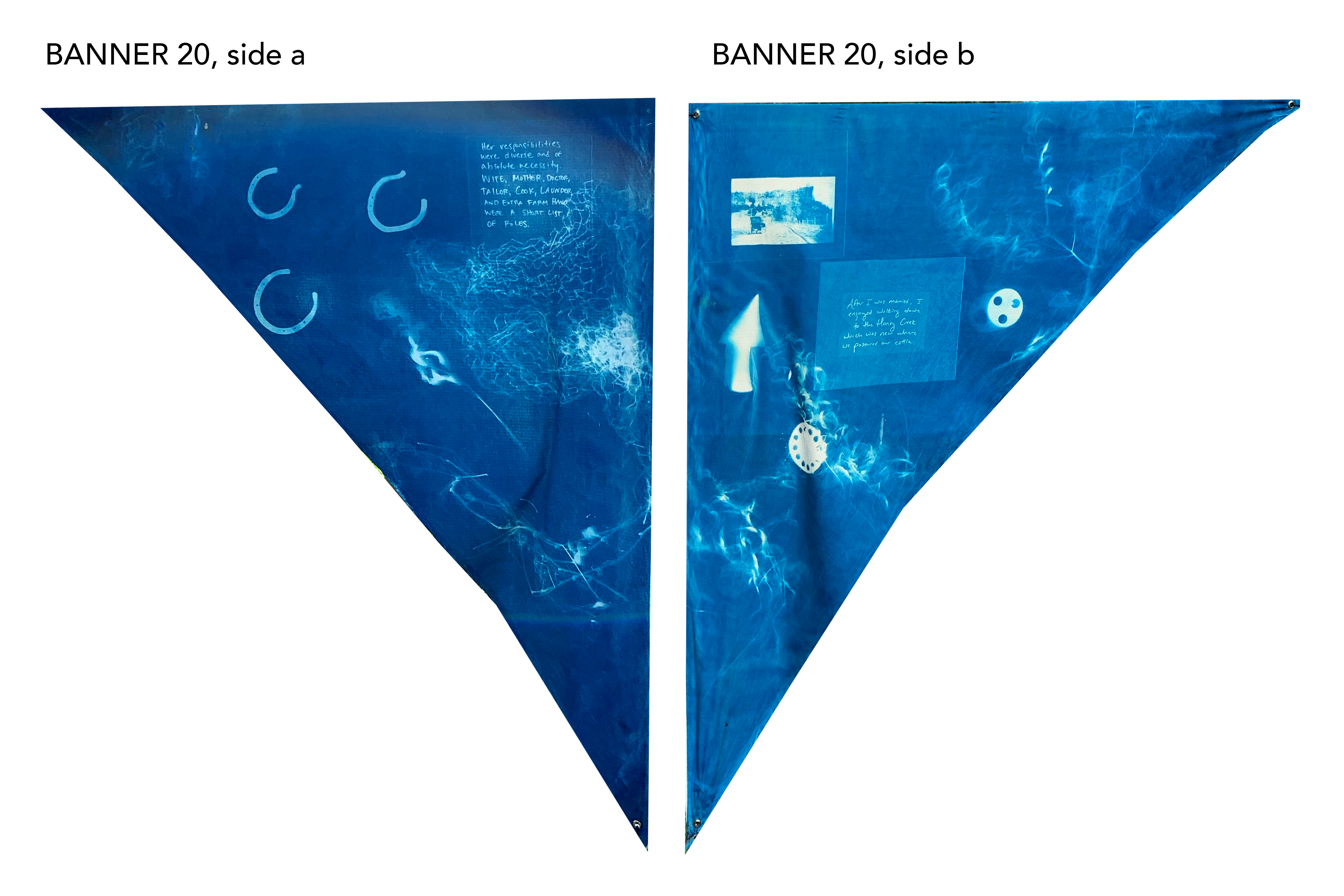 “Her responsibilites were diverse and of absolute necessity. Wife, Mother, Doctor, Tailor, Cook, Launder and extra Farm Hand were a short list of roles.”
“After I was married, I enjoyed walking down to the Honey Creek which was near where we pastured our cattle.”
“Her responsibilites were diverse and of absolute necessity. Wife, Mother, Doctor, Tailor, Cook, Launder and extra Farm Hand were a short list of roles.”
“After I was married, I enjoyed walking down to the Honey Creek which was near where we pastured our cattle.”
 “Stay out of the woods when the cows were out, because you never knew where the bull was.”
“Straddled with trying to survive on a farm with a single child during the depression years they "adopted" 4 nieces/nephews (all between 1 and 7 yrs. old) from Texas who were to be sent to orphanages as their mother had passed Additionally they later took in 3 other relatives from an orphanage in Ohio to stay with them. As a result during the last generation our farm felt like "home" to multiple families who knew their journey was a result of coming there together.“
“Stay out of the woods when the cows were out, because you never knew where the bull was.”
“Straddled with trying to survive on a farm with a single child during the depression years they "adopted" 4 nieces/nephews (all between 1 and 7 yrs. old) from Texas who were to be sent to orphanages as their mother had passed Additionally they later took in 3 other relatives from an orphanage in Ohio to stay with them. As a result during the last generation our farm felt like "home" to multiple families who knew their journey was a result of coming there together.“
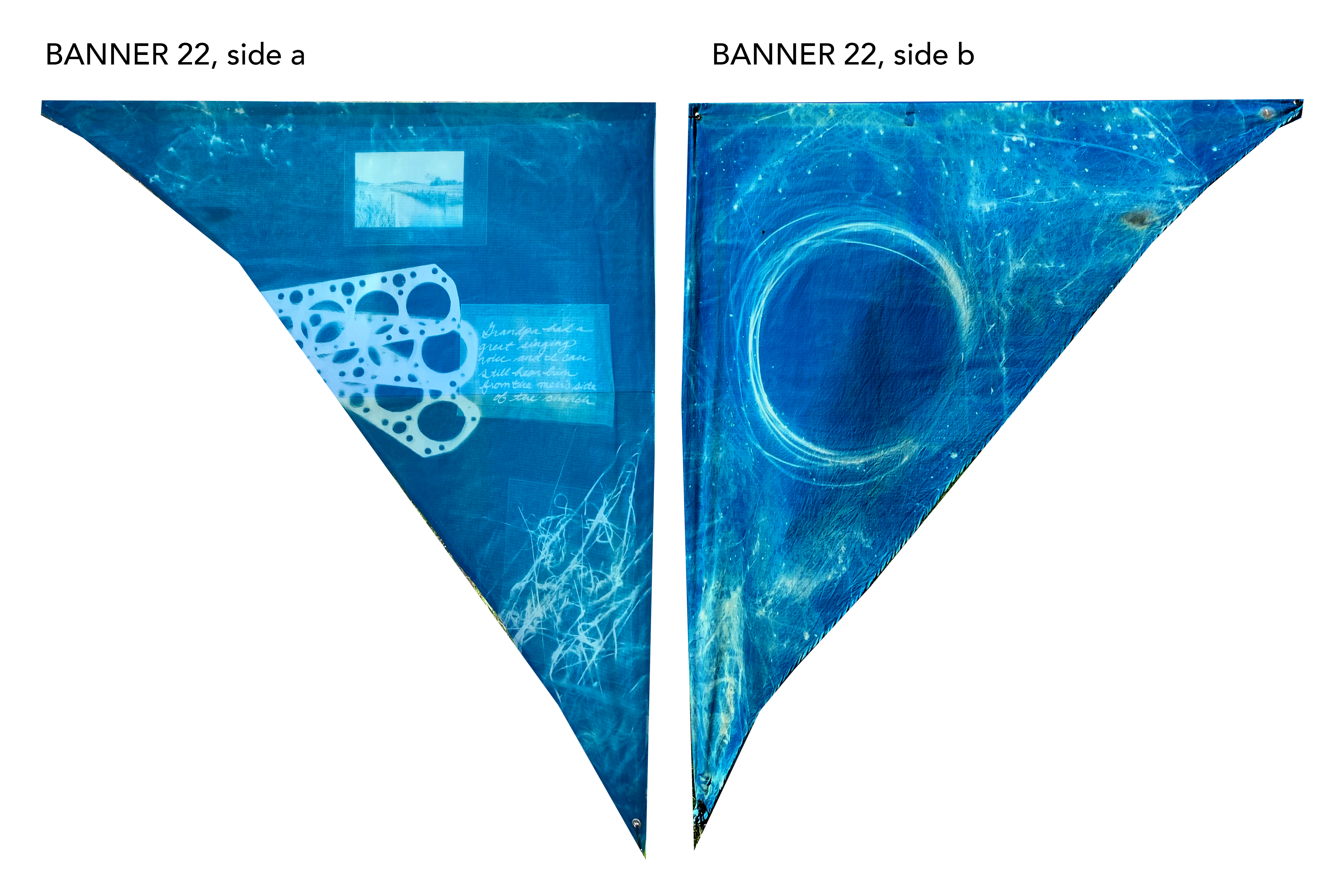 “Grandpa had a great singing voice and I can still hear him from the men’s side of the church.”
“Grandpa had a great singing voice and I can still hear him from the men’s side of the church.”
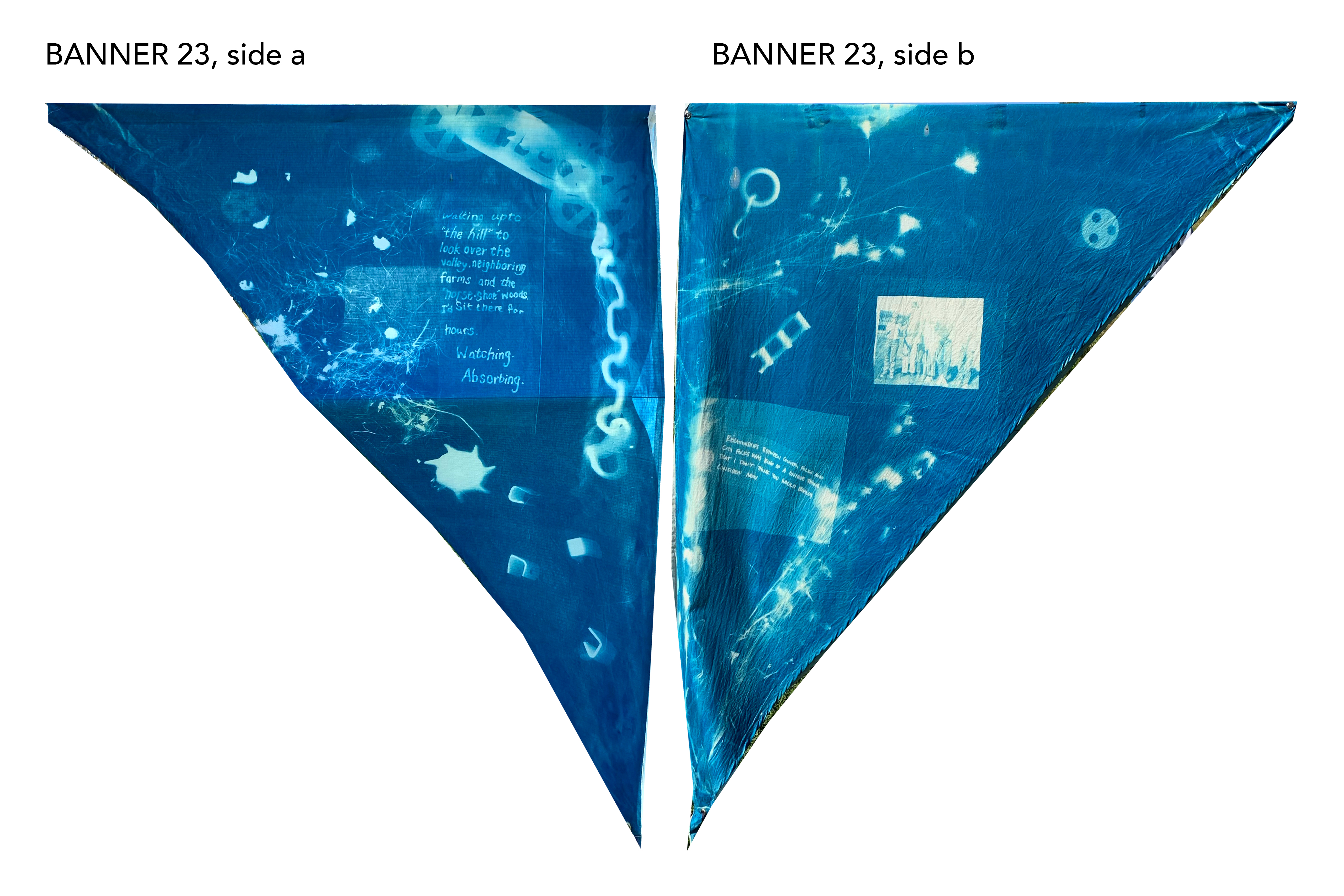 “Walking up to ‘the hill’ to look over the valley, neighboring farms and the ‘horse-shoe’ woods. I’d sit there for hours. Watching. Absorbing.”
“Relationships between contry folks and city folks was kind of a unique thing that I don’t think you would really consider now.”
“Walking up to ‘the hill’ to look over the valley, neighboring farms and the ‘horse-shoe’ woods. I’d sit there for hours. Watching. Absorbing.”
“Relationships between contry folks and city folks was kind of a unique thing that I don’t think you would really consider now.”

“Some people say Ho-Chunk means ‘People of the Big Voice’ but others say it means ‘People of Fish’” “Some farms milked other breeds, but I was raised believing that Holsteins were superior.”
 “That we treat our surroundings - land, water, sky - as if all forms of life matter.”
“Field walks with my parents, brother and dog to visit the cattle grazing after dinner.”
“That we treat our surroundings - land, water, sky - as if all forms of life matter.”
“Field walks with my parents, brother and dog to visit the cattle grazing after dinner.”
 “Pillar Rock”
“back, even I was a kid, going to Madison was kind of a big deal.”
“Pillar Rock”
“back, even I was a kid, going to Madison was kind of a big deal.”
 “Growing a massive pumpkin.”
“A community that comes together when disaster strikes. A community that stands together in good times and bad times.“
“Growing a massive pumpkin.”
“A community that comes together when disaster strikes. A community that stands together in good times and bad times.“
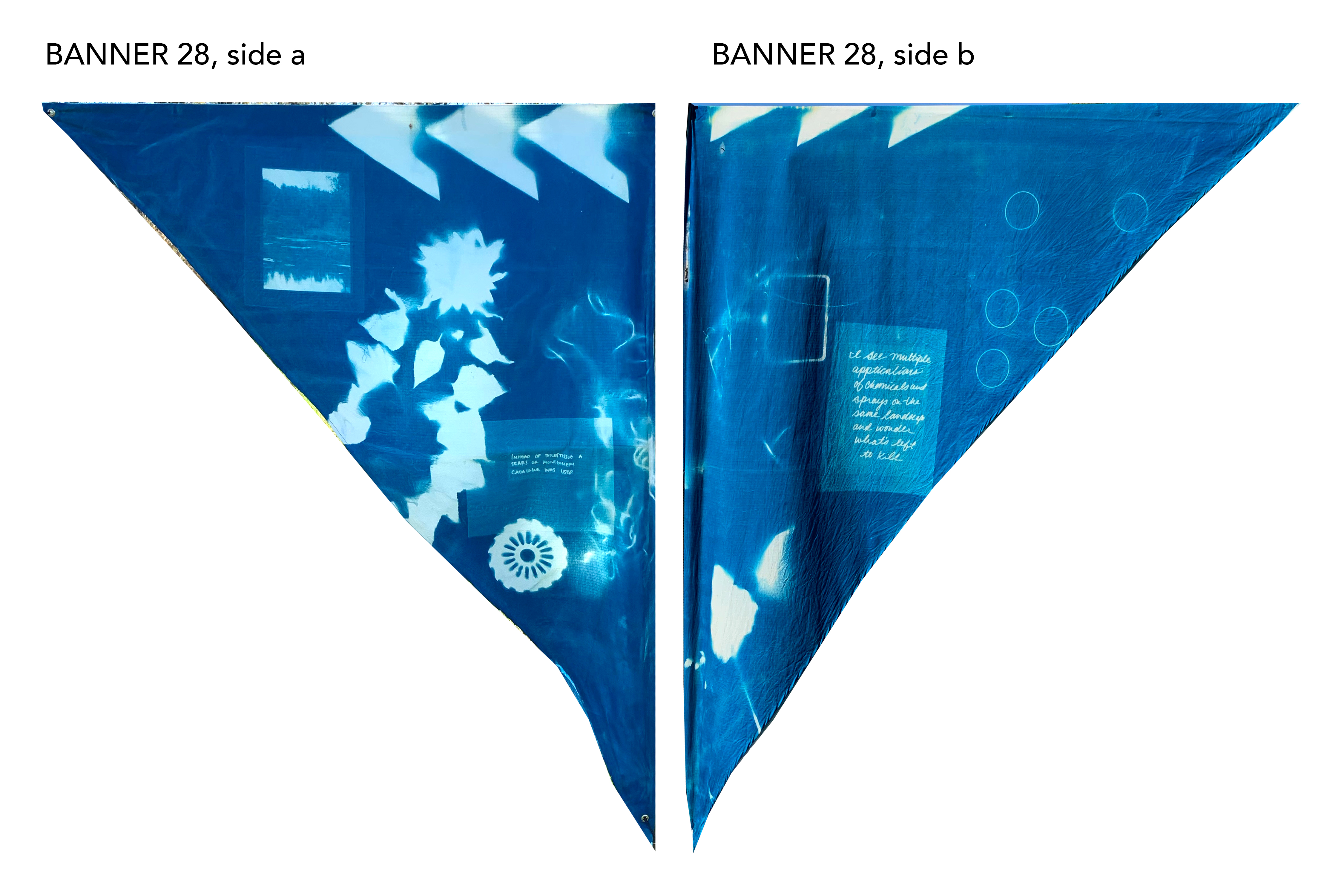
“Instead of toilet tissue a sears or montgomery catalogue was used.” “I see multiple applications of chemicals and sprays on the same landscape and wonder what’s left to kill.”
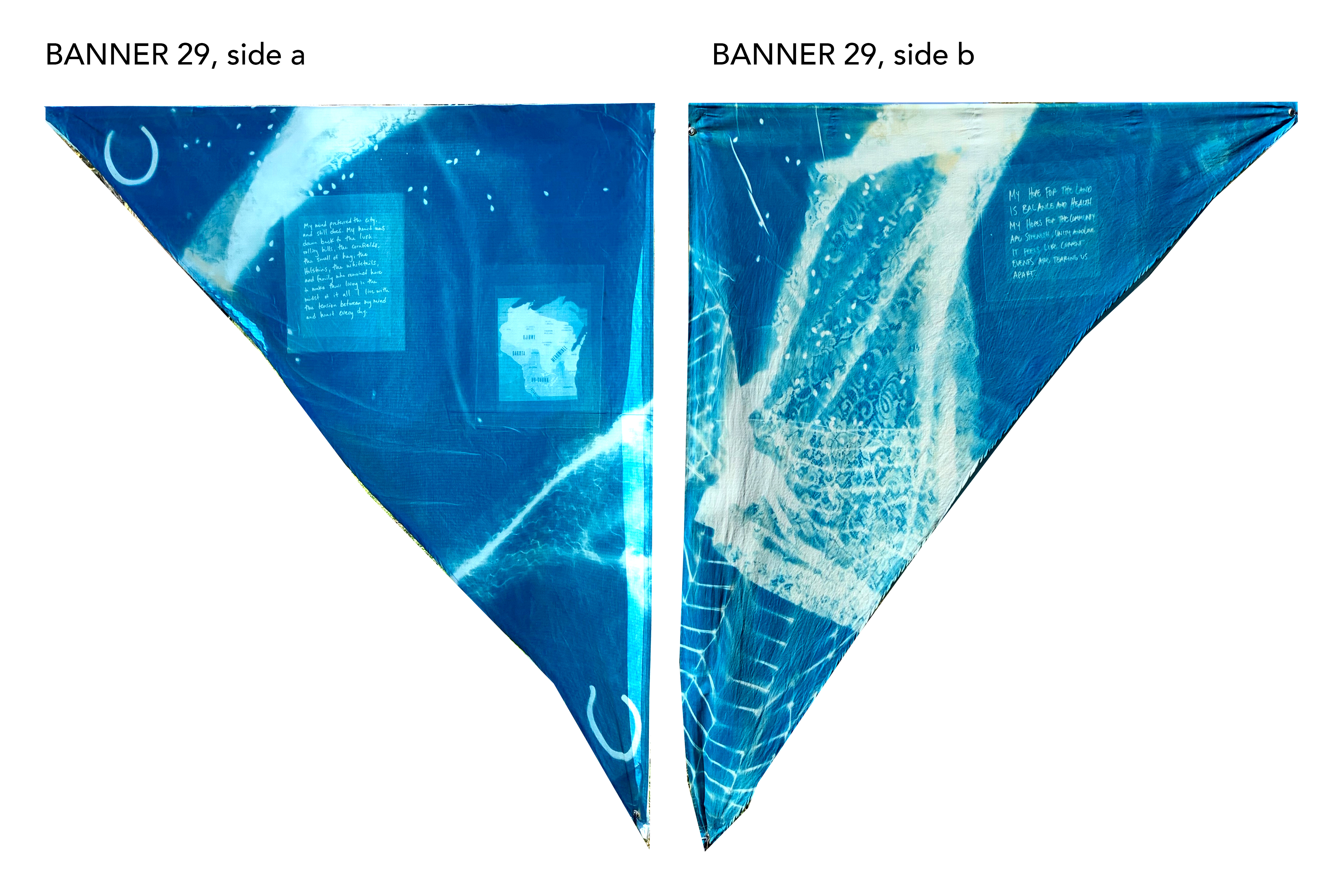 “My mind preferred the city, and still does. But living 4 stories up and shooting myself through a tube to get to work eventually wore me down. My heart was drawn back to the lush rolling hills, the cornfields, the smell of hay, the Holsteins, the whitetails, and the family who remained here to make their lives in the midst of it all. I live with the tension between my mind and heart every day.”
“My hope for the land is balance and health. My hopes for the community are strength, unity and love. It feels like current events are tearing us apart.”
“My mind preferred the city, and still does. But living 4 stories up and shooting myself through a tube to get to work eventually wore me down. My heart was drawn back to the lush rolling hills, the cornfields, the smell of hay, the Holsteins, the whitetails, and the family who remained here to make their lives in the midst of it all. I live with the tension between my mind and heart every day.”
“My hope for the land is balance and health. My hopes for the community are strength, unity and love. It feels like current events are tearing us apart.”
 “We were very young when we hiked to the top of the rock on our farm with our parents. It was fun to look down in the farmland 200 miles in every direction.”
“(my mother had a spot all picked out for her garden)
“We were very young when we hiked to the top of the rock on our farm with our parents. It was fun to look down in the farmland 200 miles in every direction.”
“(my mother had a spot all picked out for her garden)Also going fishing in the creek with my brother and sisters.”
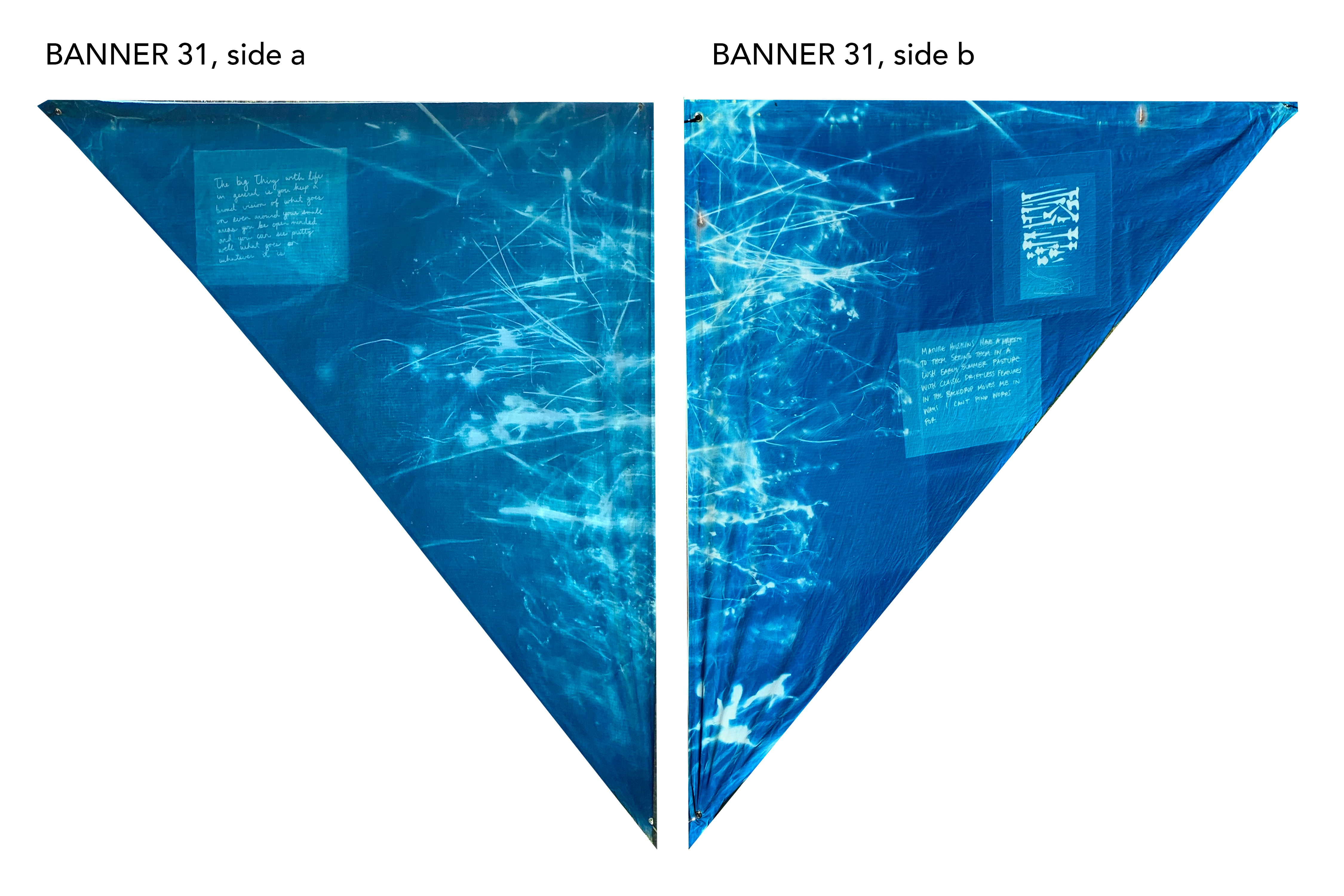 “The big thing with life in general is you keep a broad vision of what goes on even around your small areas you you be open minded and you can see pretty well what goes on whatever it is.”
“Mature Holsteins have a majesty to them. Seeing them in a lush early summer pasture with classic driftless features in the backdrop moves me in ways I can't find words for.“
“The big thing with life in general is you keep a broad vision of what goes on even around your small areas you you be open minded and you can see pretty well what goes on whatever it is.”
“Mature Holsteins have a majesty to them. Seeing them in a lush early summer pasture with classic driftless features in the backdrop moves me in ways I can't find words for.“

“with pesticides and pollution that come into the fields” “Bath time was once a week in a washtub sitting on the floor furnace register. Baths were taken until a change of water was needed. There was always a big argument about who would be the first one to take a bath.“
 “My hope is that it gets more respect from it’s human element”
“One thing I like more about tribal cultures way more than this global culture we live in now is that it’s so community focused - you need each other, you just have different roles. It’s mutual. Mutual survival.
“
“My hope is that it gets more respect from it’s human element”
“One thing I like more about tribal cultures way more than this global culture we live in now is that it’s so community focused - you need each other, you just have different roles. It’s mutual. Mutual survival.
“
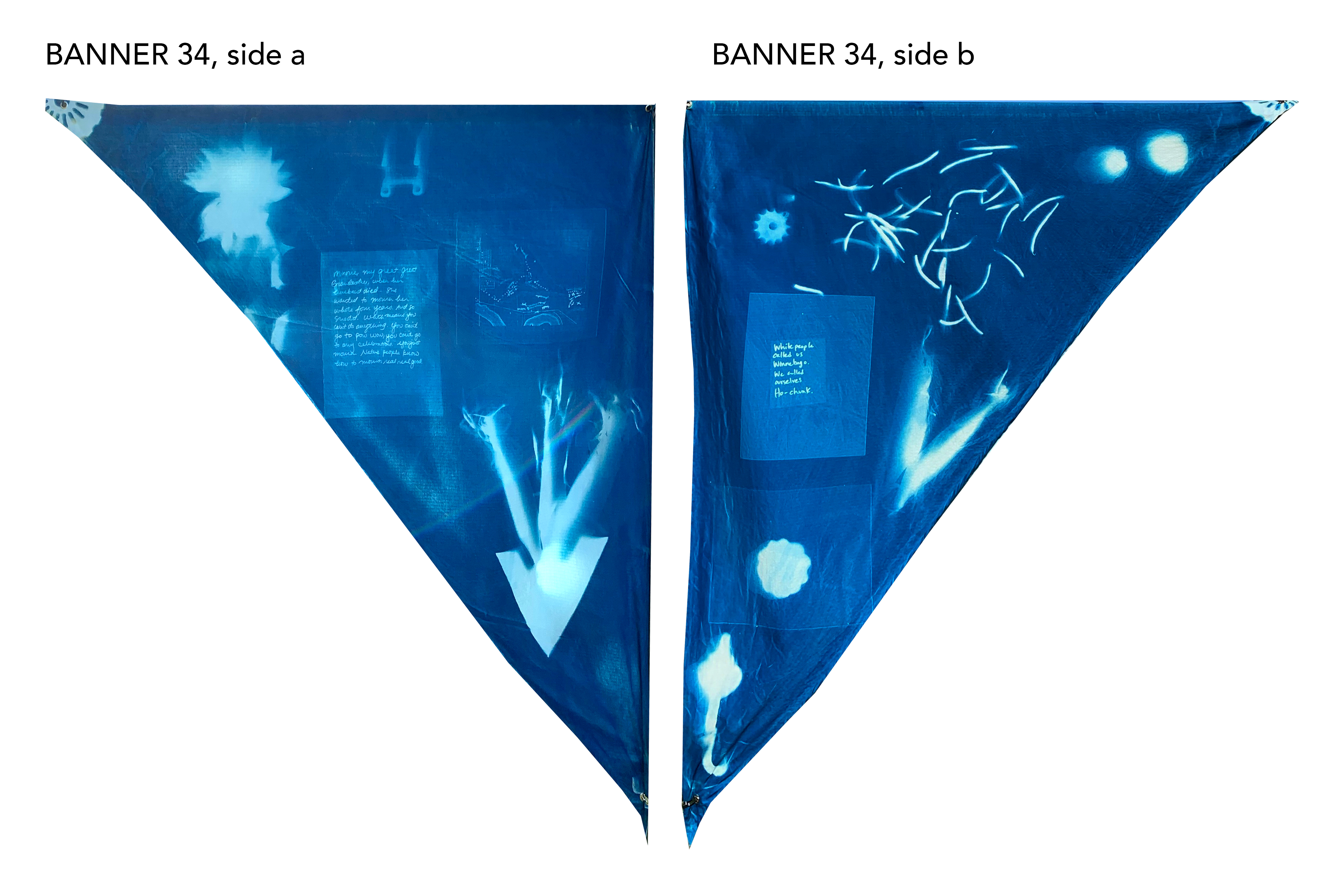
“Minnie, my Great-great grandmother, when her husband died, she did two years of mourning and her brother-in-law came to her and gave her permission to end her mourning early. And she refused. She wanted to mourn her whole four years. And so she did. Which means you can’t do anything. You can’t go to pow wow, you can’t go to any celebrations. You just mourn. Native people know how to mourn real real good.“ “White people called us Winnebago. We called ourselves Ho-chunk.”
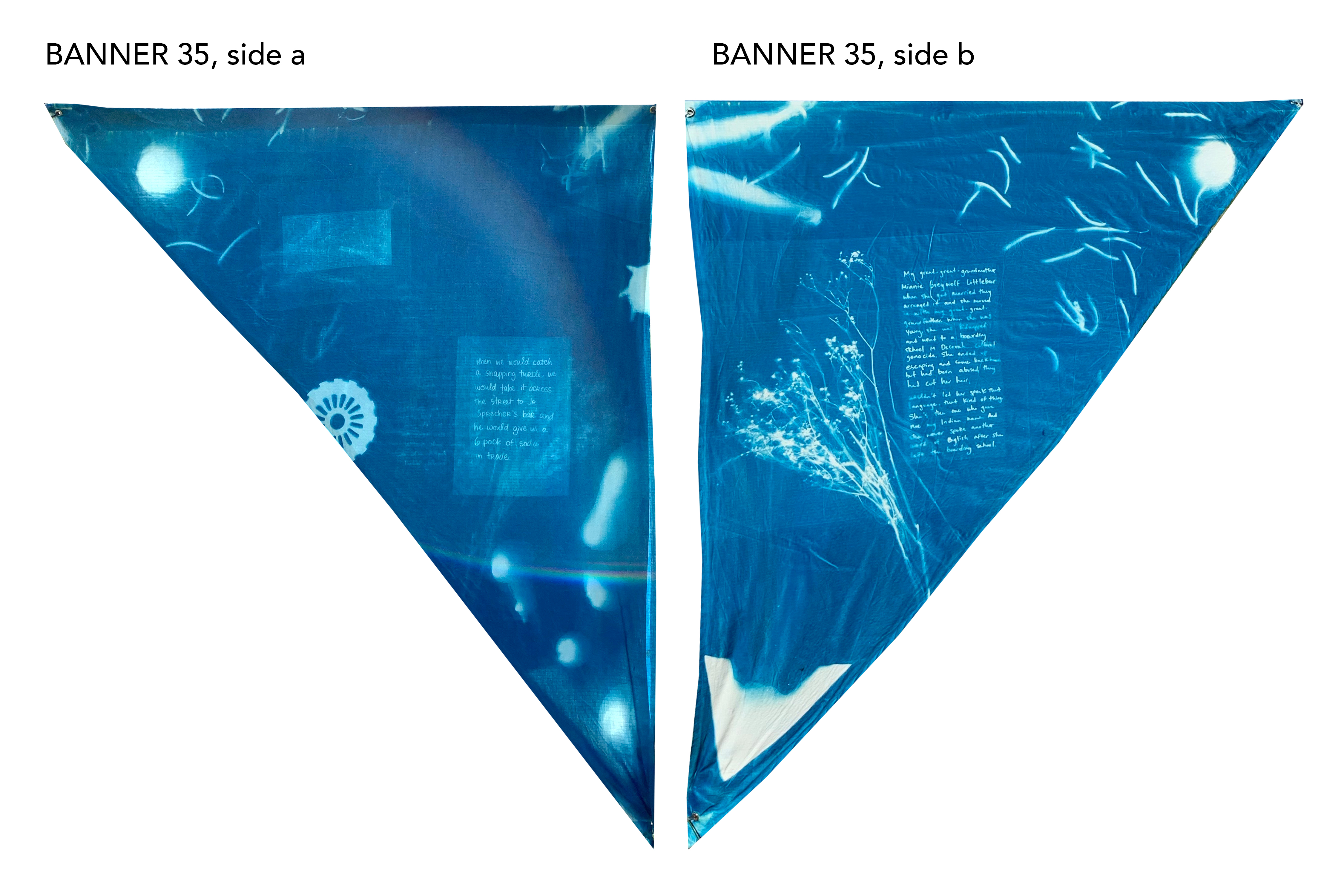
“When we would catch a snapping turtle we would take it across the street to Jr. Sprecher's bar and he would give us a 6 pack of soda in trade.“ “My great great grandmother, Minnie Greywolf Littlebear, when she got married they arranged it and she moved in with my great great grandfather. When she was young she was kidnapped and went to a boarding school in Decorah… cultural genocide. She ended up escaping and she ended up back home but she had been abused, they had cut her hair, wouldn’t let her speak that language, that kind of thing. She’s the one who gave me my indian name. And she never spoke another word of english after she left the boarding school. “
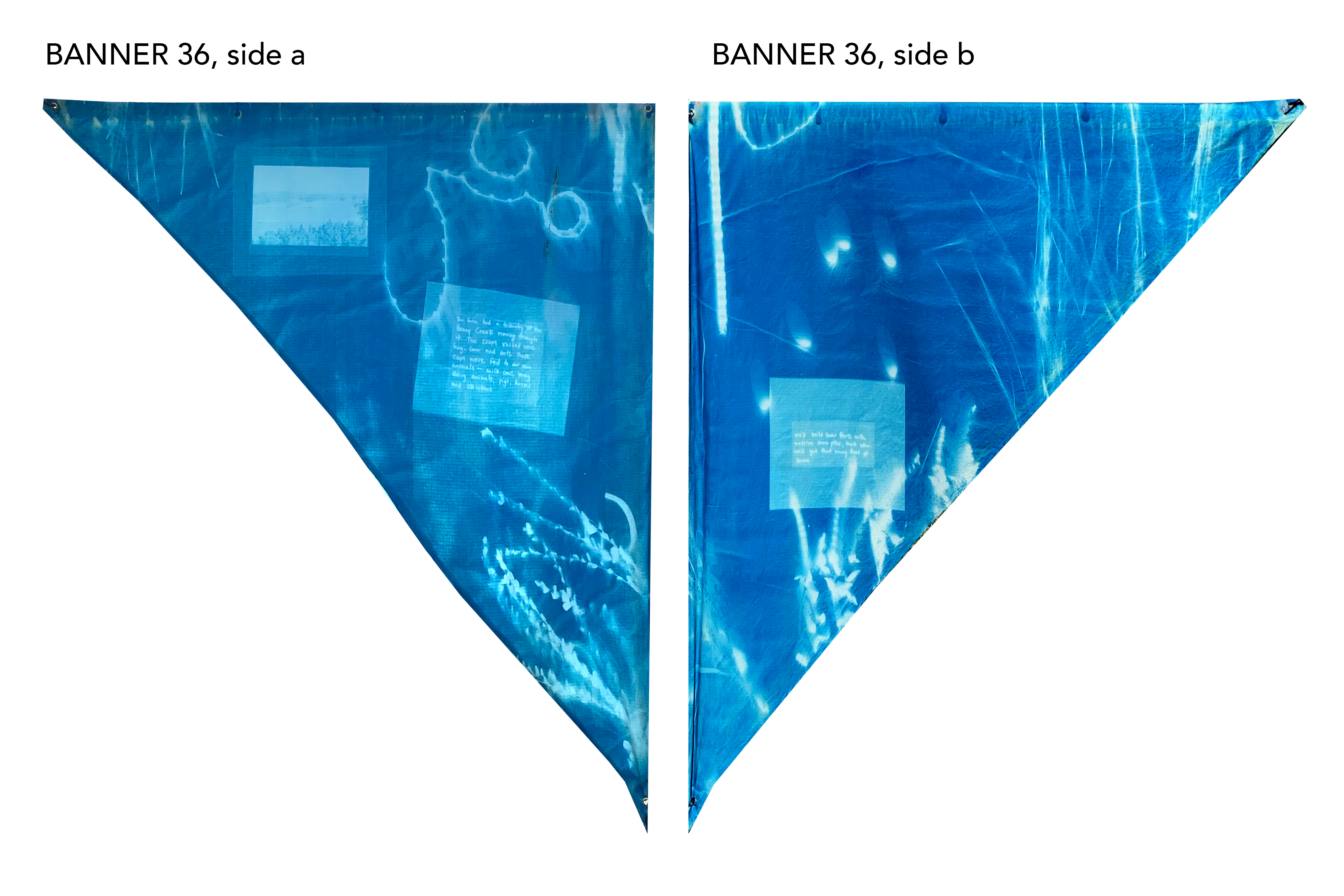 “the farm had a tributary of Honey Creek running through it - the crops raised were hay, corn and oats. These crops were fed to our own animals - milk cows, young dairy animals, pigs, horses and chickens.”
“we’d build snow forts with massive snow piles (back when we’d get many feet of snow).”
“the farm had a tributary of Honey Creek running through it - the crops raised were hay, corn and oats. These crops were fed to our own animals - milk cows, young dairy animals, pigs, horses and chickens.”
“we’d build snow forts with massive snow piles (back when we’d get many feet of snow).”
 “She knew the traditions and the old ways of doing things. She was our last tie to that way of life.”
“per capita, native folks enroll in the military more than any other racial group of people. So we are heavy on honoring veterans and things like that. We are the original Americans so it makes sense.”
“She knew the traditions and the old ways of doing things. She was our last tie to that way of life.”
“per capita, native folks enroll in the military more than any other racial group of people. So we are heavy on honoring veterans and things like that. We are the original Americans so it makes sense.”

Sacred Medicines:
-Cedar
-Sweetgrass
-Tobacco
-Sage “My hope is that it gets more respect from it’s human element.”

“In the Ho-Chunk way, all of your father’s brothers are also your fathers and all of your mother’s sisters are also your mother’s. If something happened to your parents you always have a father and you always have a mother. You have people that will take care of you.“ “And there are nice sculptures of rocks around the country too.”
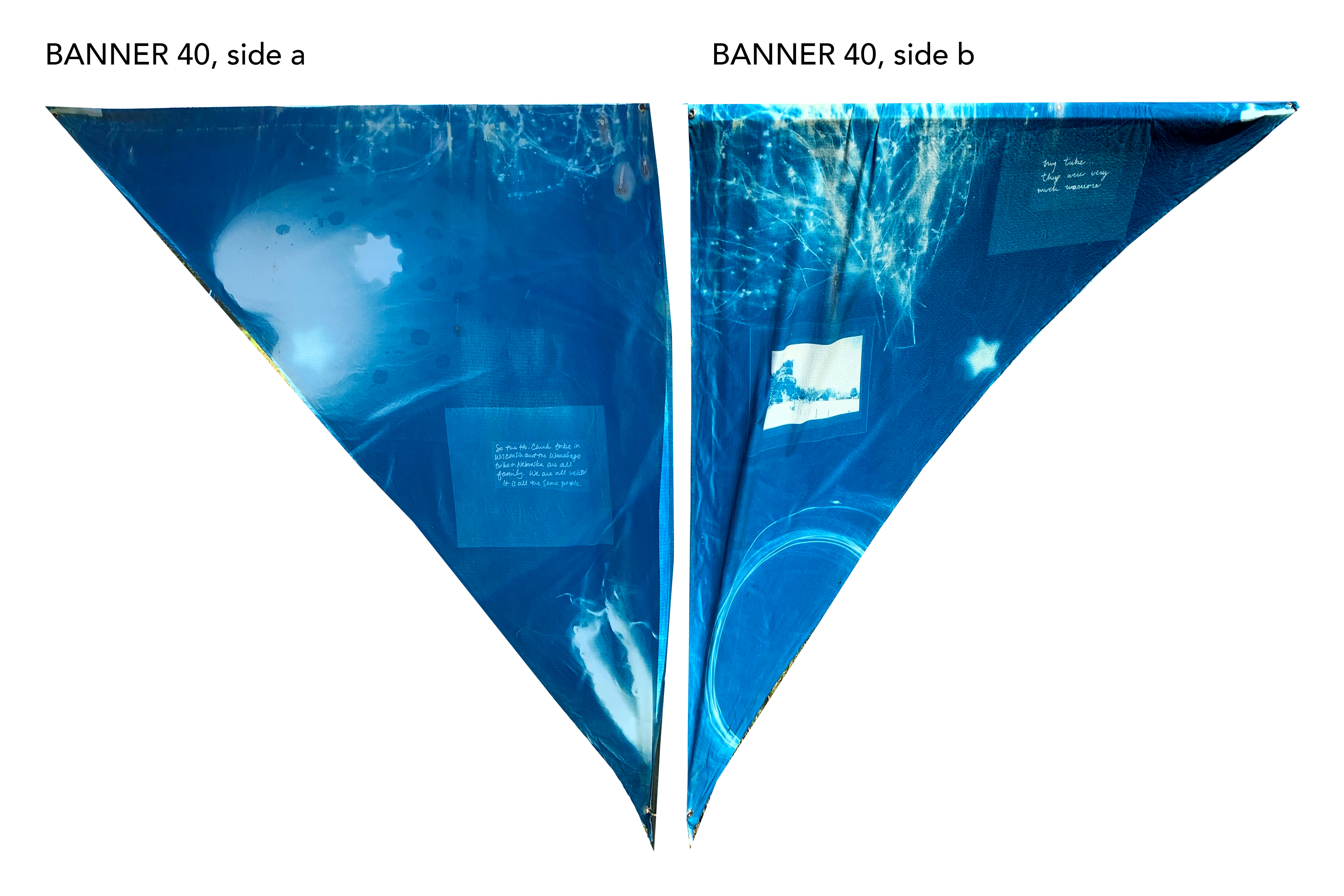 “So the Ho-Chunk tribe in Wisconsin and the Winnebago trive in Nebraska are all family. We are all related. It’s all the same people.“
“my tribe... they were very much warriors.”
“So the Ho-Chunk tribe in Wisconsin and the Winnebago trive in Nebraska are all family. We are all related. It’s all the same people.“
“my tribe... they were very much warriors.”
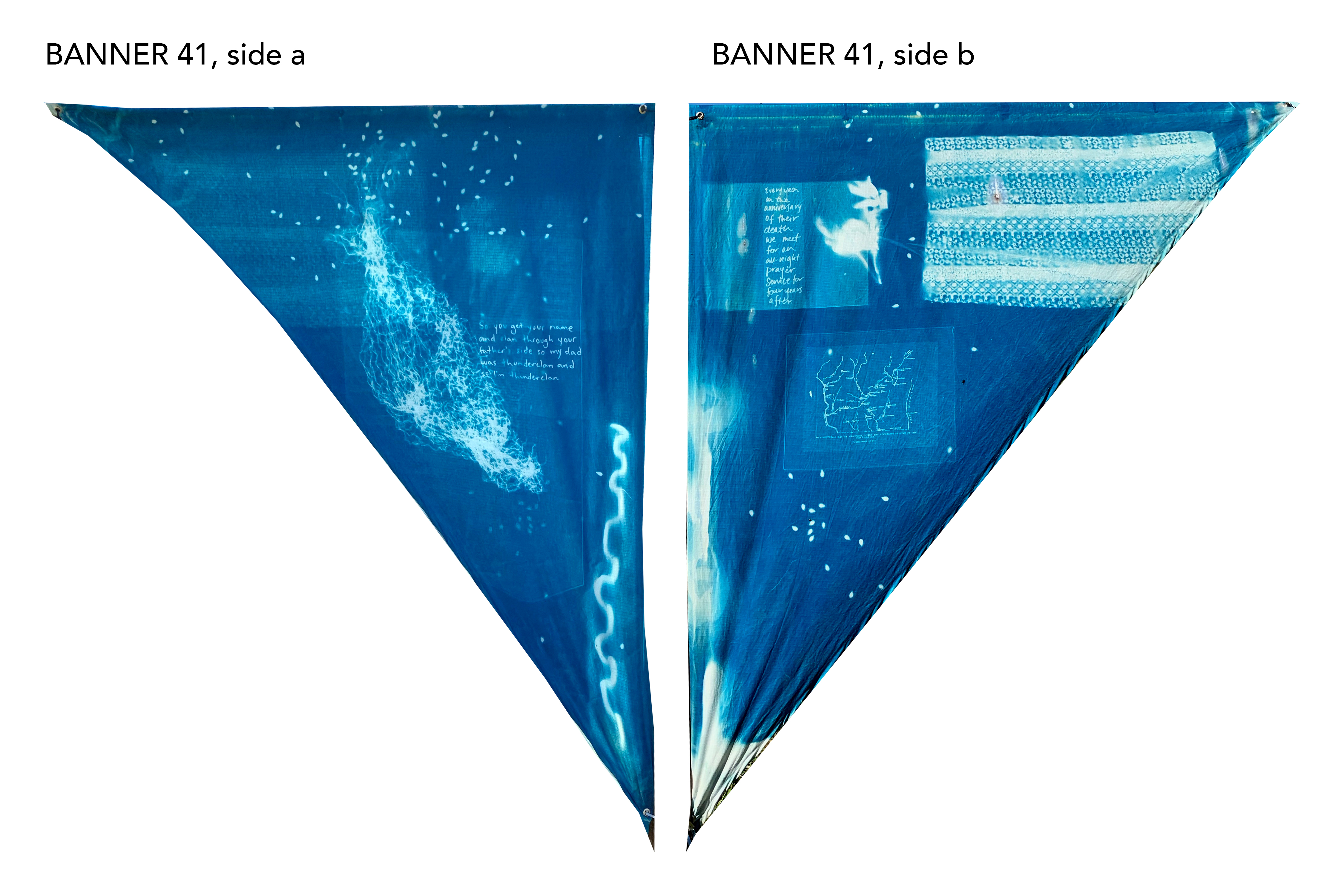 “So you get your name and clan through your father’s side so my dad was thunderclan so I’m thunderclan.”
“Every year on the anniversary of their death we meet for an all-night prayer service for four years after.”
“So you get your name and clan through your father’s side so my dad was thunderclan so I’m thunderclan.”
“Every year on the anniversary of their death we meet for an all-night prayer service for four years after.”
 “Many farmers pasture their cattle on land that a creek passes through. They're fortunate to have that fresh water on their land. But when they're pasturing a good number of cattle, I wonder how that practice impacts our waterways...”
“Next to the river 5 or 6 years old and trying to wrap by arms around the biggest maple tree ever. I felt small in a good way.”
“Many farmers pasture their cattle on land that a creek passes through. They're fortunate to have that fresh water on their land. But when they're pasturing a good number of cattle, I wonder how that practice impacts our waterways...”
“Next to the river 5 or 6 years old and trying to wrap by arms around the biggest maple tree ever. I felt small in a good way.”
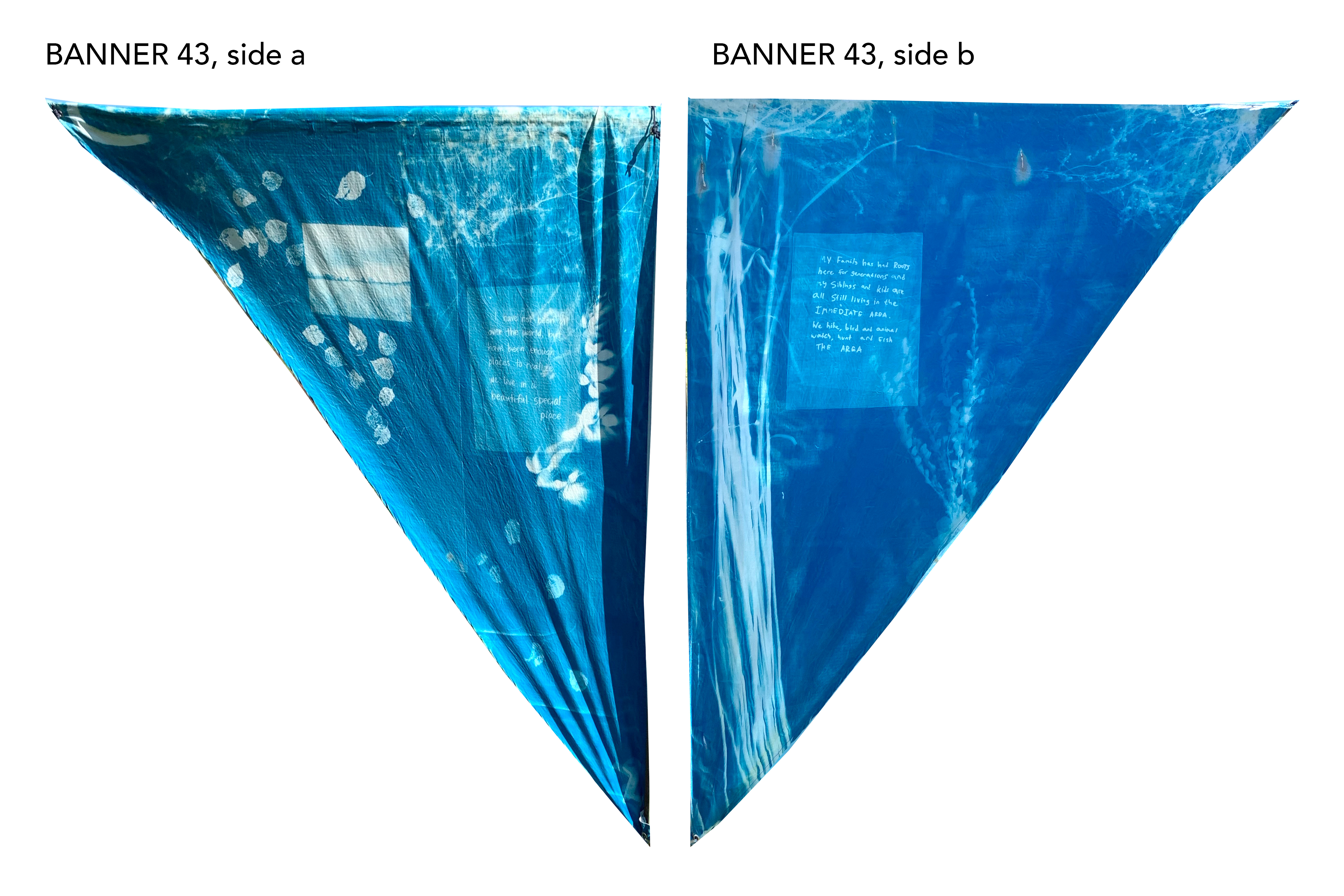 “I have not been all over the world, but have been enough places to realize we lie in a beautiful, special place.”
“My family has had roots here for generations and my siblings and kids are all still living in the immediate area. We hike, bird and animal watch, hund and fish the area.”
“I have not been all over the world, but have been enough places to realize we lie in a beautiful, special place.”
“My family has had roots here for generations and my siblings and kids are all still living in the immediate area. We hike, bird and animal watch, hund and fish the area.”
 “My earliest memory is watching a tornado swirl in a dark sky toward our dairy farm, across fields of summer crops. Mesmerized, I stood at our living room window looking north until my Mom guided me away. We needed to get to the basement right away.”
“My earliest memory is watching a tornado swirl in a dark sky toward our dairy farm, across fields of summer crops. Mesmerized, I stood at our living room window looking north until my Mom guided me away. We needed to get to the basement right away.”

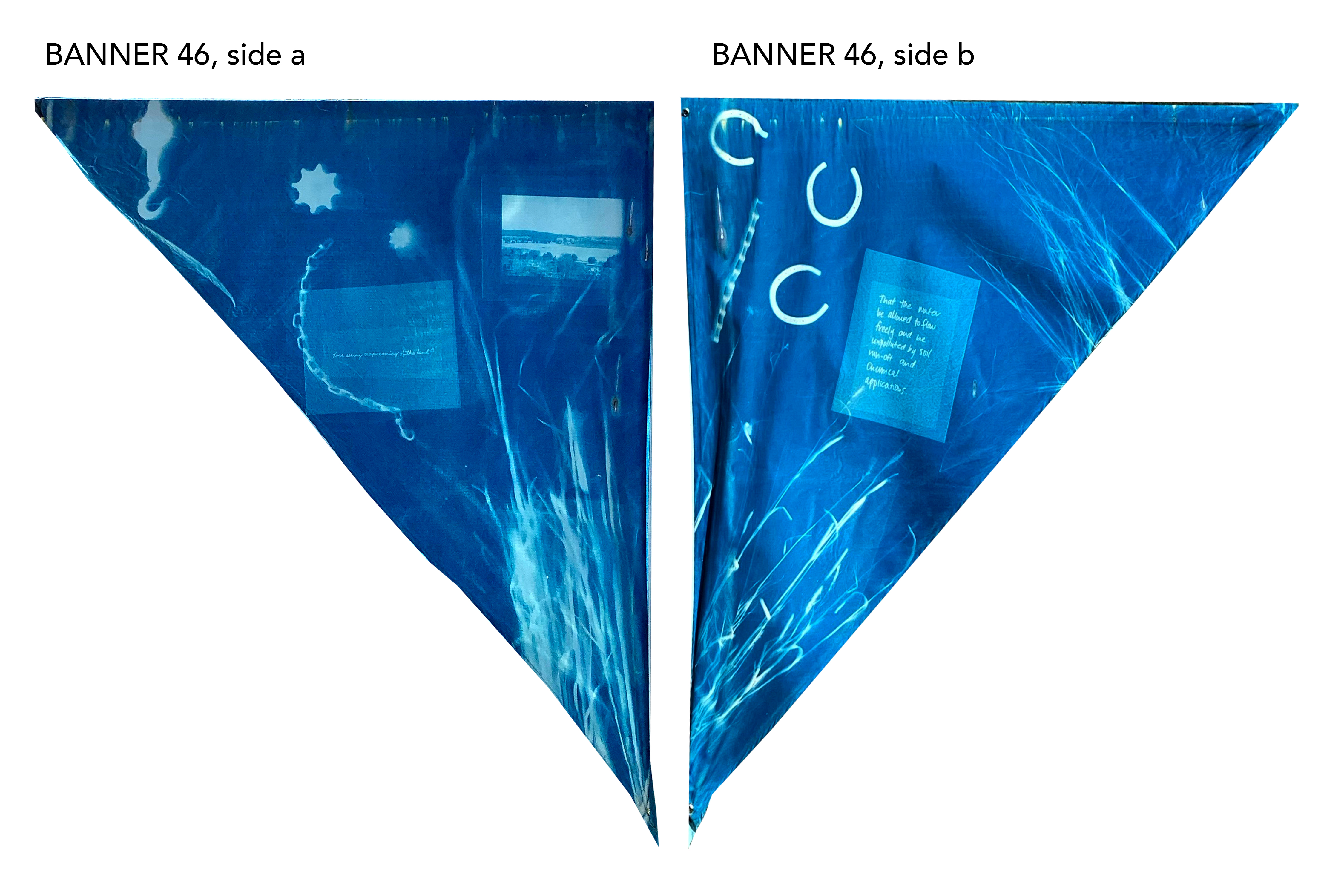 “love seeing the crops coming of the land.”
“that the water be allowed to flow freely and be unpolluted by soil run-off and chemical applications.”
“love seeing the crops coming of the land.”
“that the water be allowed to flow freely and be unpolluted by soil run-off and chemical applications.”
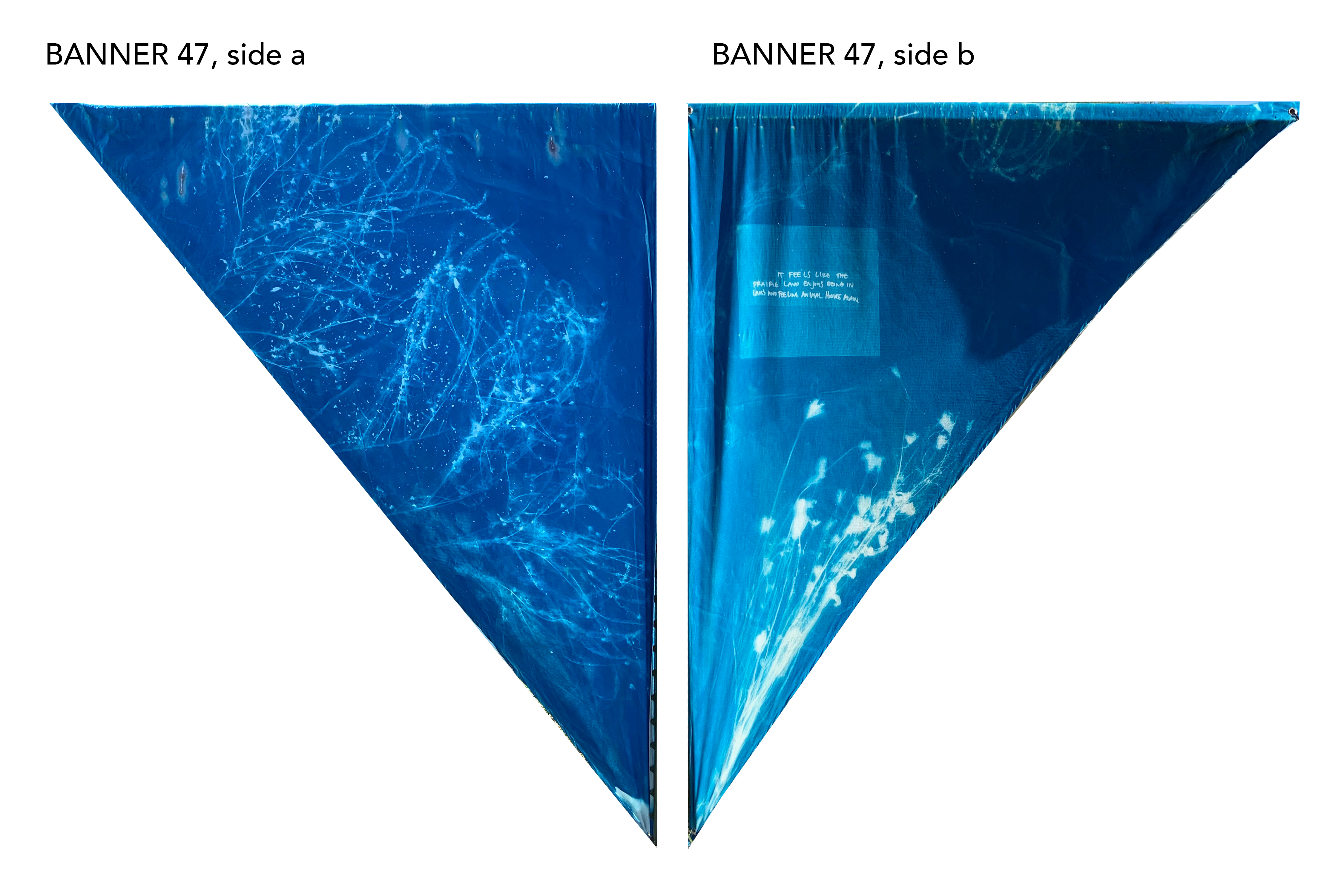 “It feels like the prairie land enjoys being in grass and feeling animal hooves again.”
“It feels like the prairie land enjoys being in grass and feeling animal hooves again.”
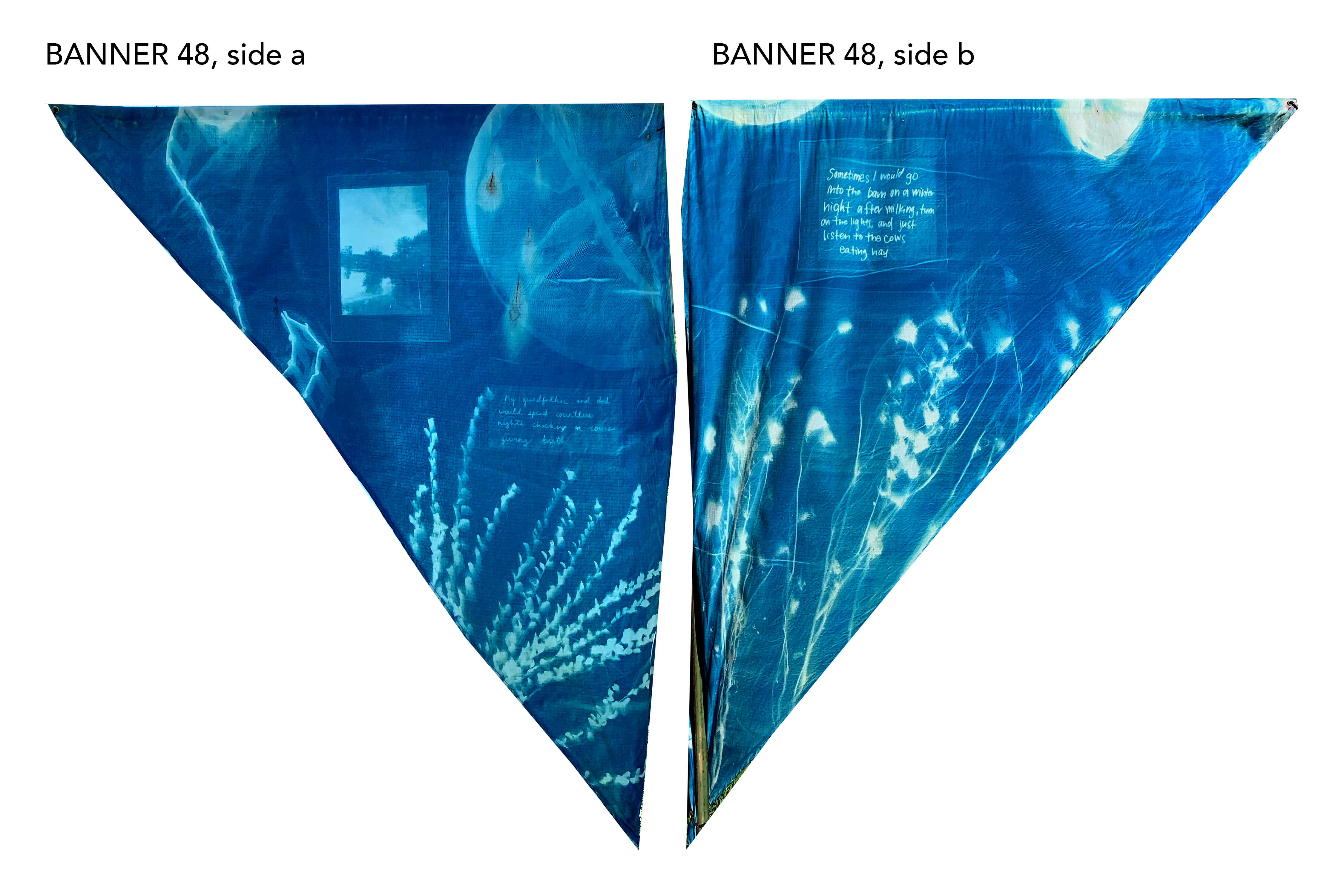
“My grandfather and dad would spend countless nights checking on cows giving birth.” “Sometimes I would go into the barn on a winter night after milking, turn on the lights, an djust listen to the cows eating hay”
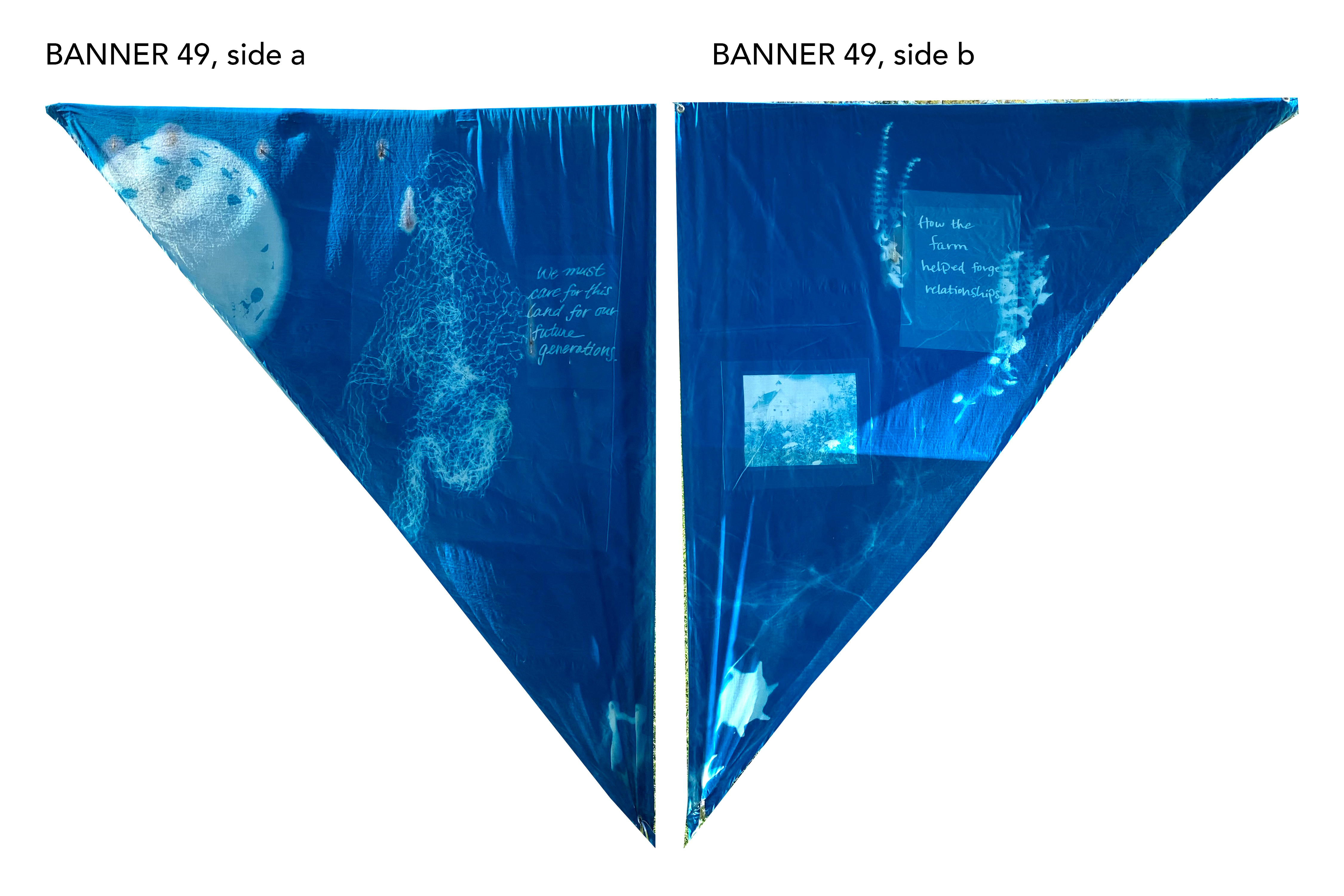 “We must care for this land for our future generations.”
“How the farm helped forge relationships”
“We must care for this land for our future generations.”
“How the farm helped forge relationships”
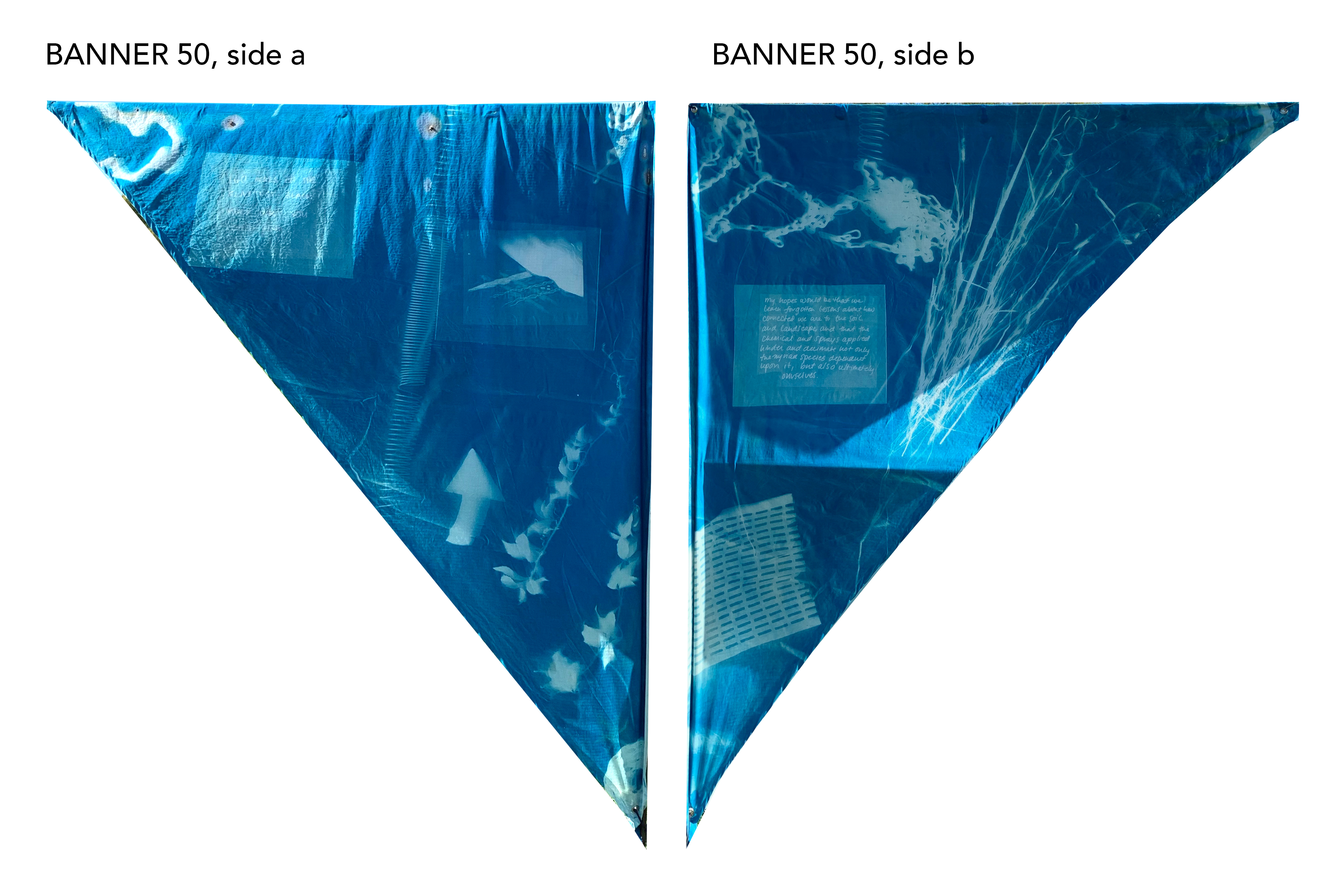 ‘160 acres of the flattest black muck dirt you could find”
“My hopes would be that we learn forgotten lessons about how connected we are to the soil and landscape, and that the chemical and sprays applied hinder and decimate not only the myriad species dependent upon it, but ultimately also ourselves.“
‘160 acres of the flattest black muck dirt you could find”
“My hopes would be that we learn forgotten lessons about how connected we are to the soil and landscape, and that the chemical and sprays applied hinder and decimate not only the myriad species dependent upon it, but ultimately also ourselves.“
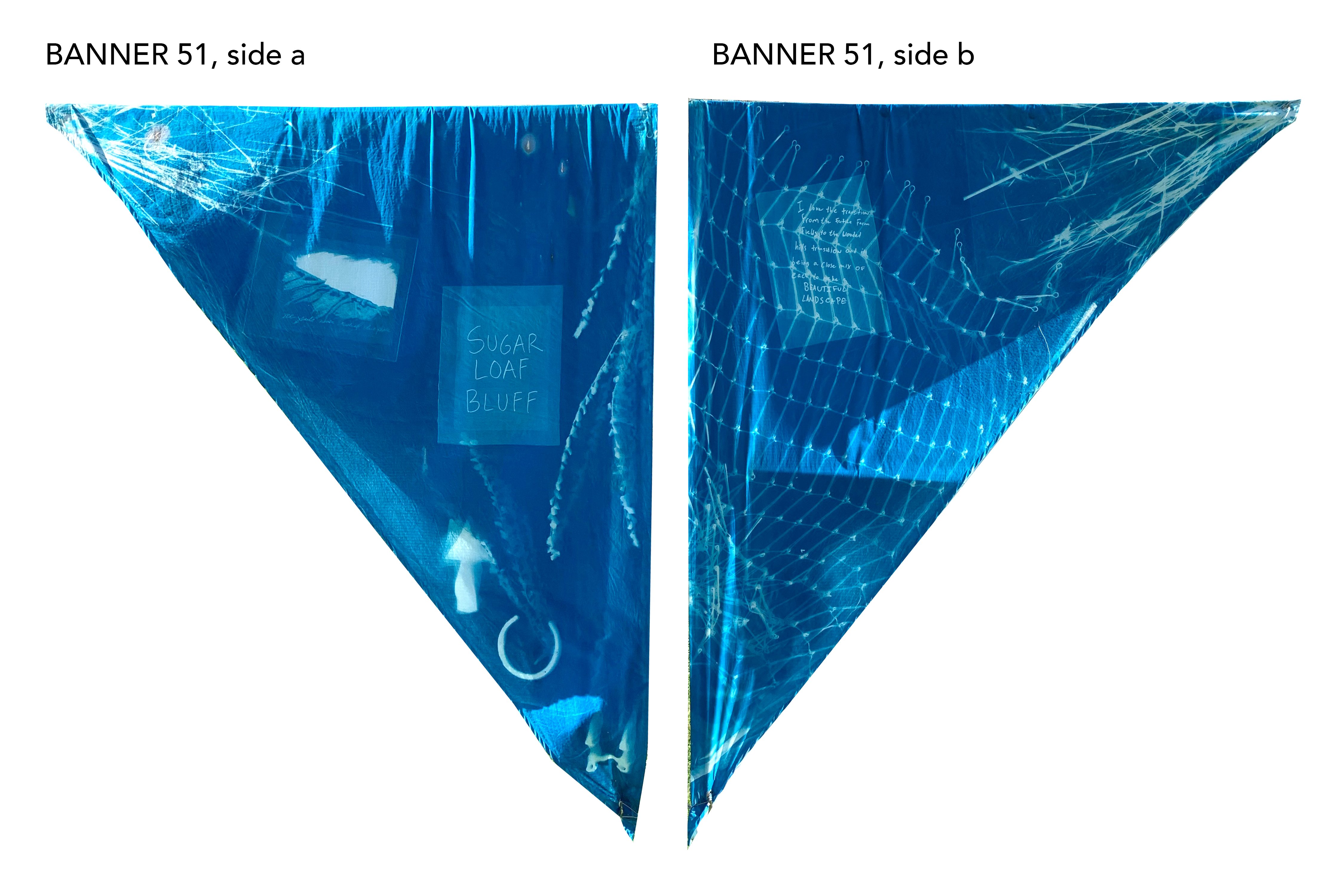 “SUGAR LOAF BLUFF”
“I love the transition from the fertile farm fields to the wooded hills transition and it being a close mix of each to make a beautiful landscape“
“SUGAR LOAF BLUFF”
“I love the transition from the fertile farm fields to the wooded hills transition and it being a close mix of each to make a beautiful landscape“

“It feels like the land is reclaiming itself.” “Eaglehead Rock”

“The land will always be here.” “Reach under those darn chickens and they didn’t want to give up their eggs“
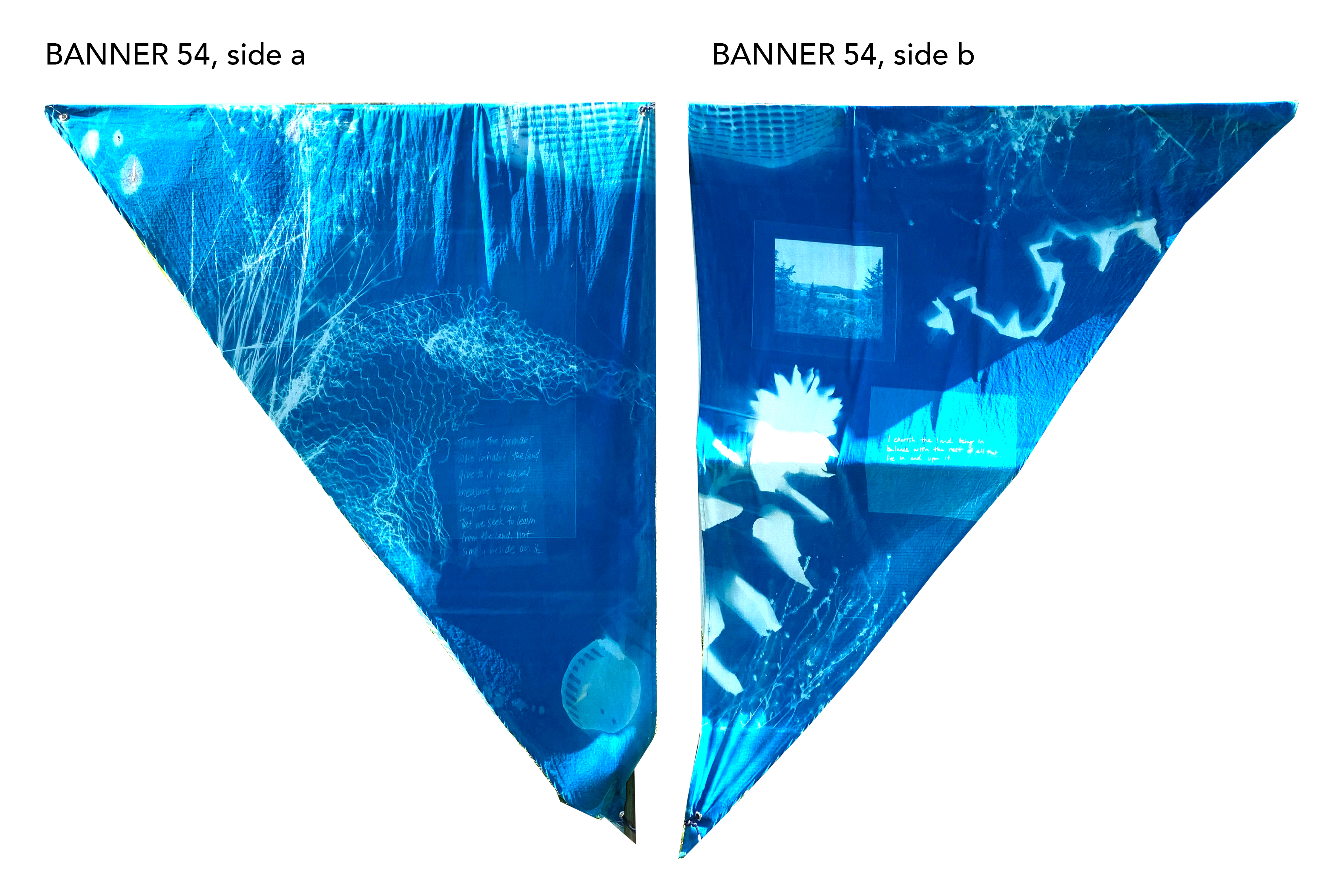
That the humans who inhabit the land give to it in equal measure to what they take from it. That we seek to learn from the land, not simply reside on it. “I cherish the land being in balance with the rest of all that live in and upon it.”
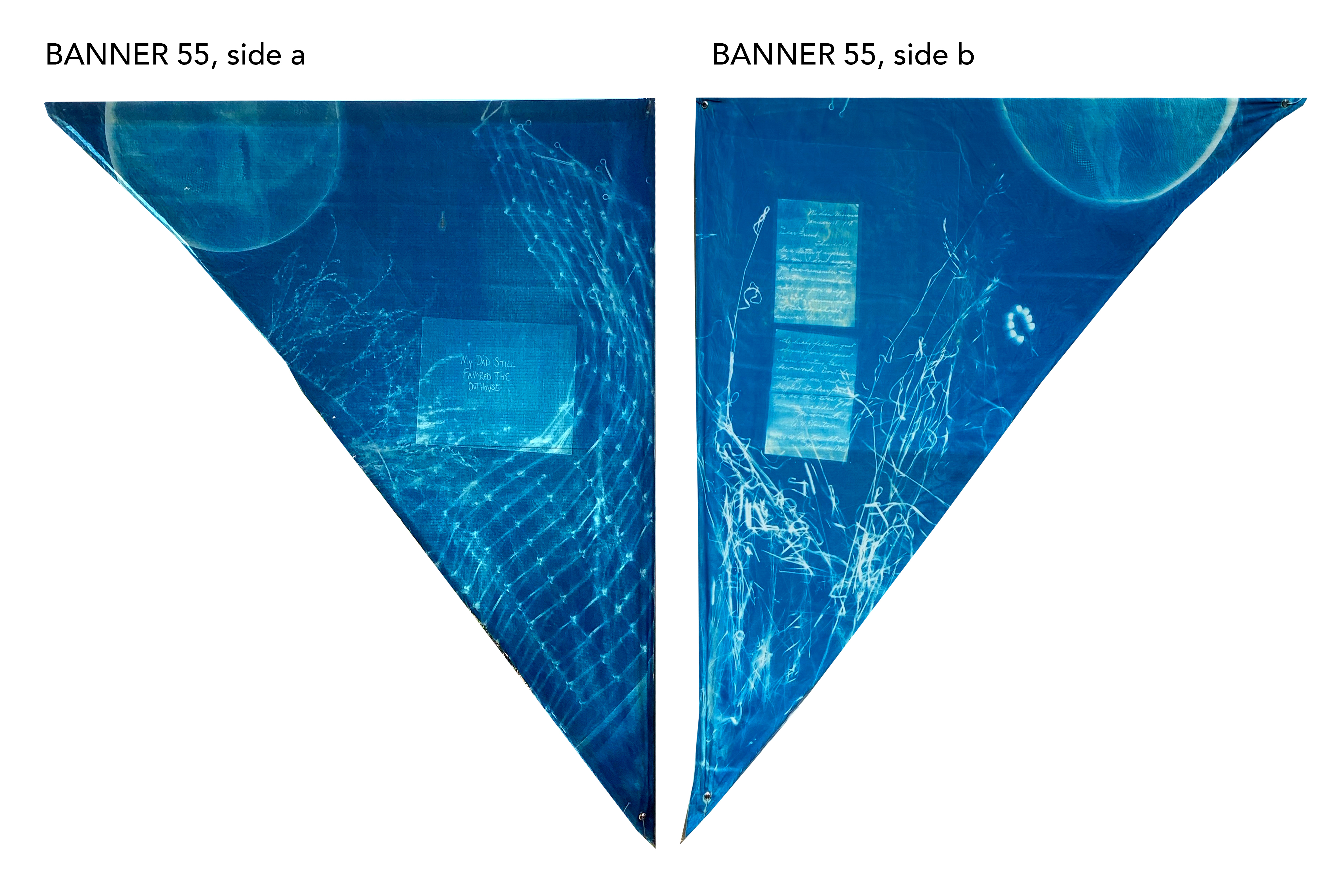
“My Dad still favored the outhouse”
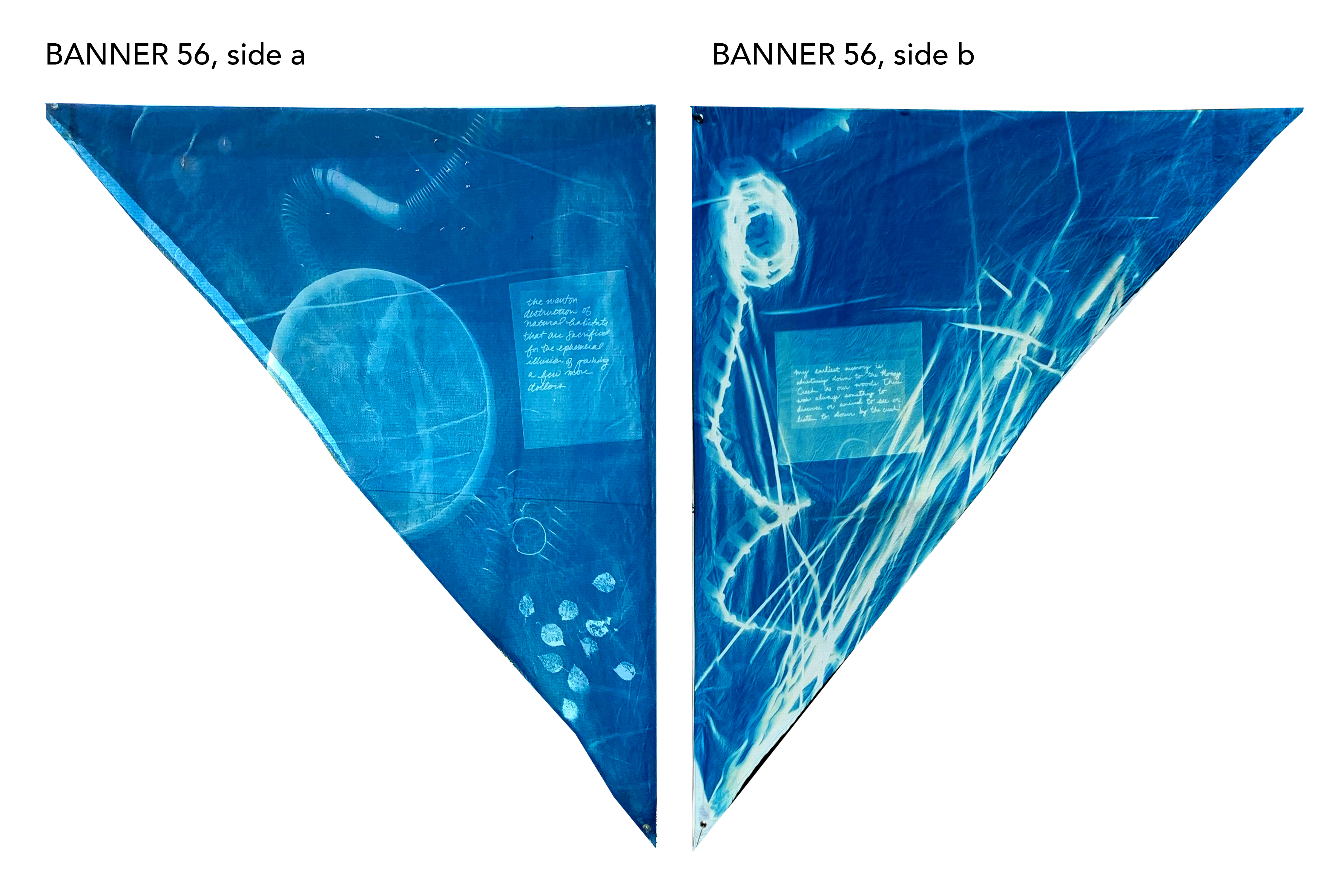
“the wanton destruction of natural habitats that are sacrificed for the ephemeral illusion of gaining a few more dollars” “My earliest memory is adventuring down to the Honey Creek in our woods. There was always something to discover or animal to see/listen to down by the creek!”

“I remember feeding the chickens, gathering the eggs, feeding the pigs, and forking silage from the barn silo to feed the milking herd of Holsteins.”
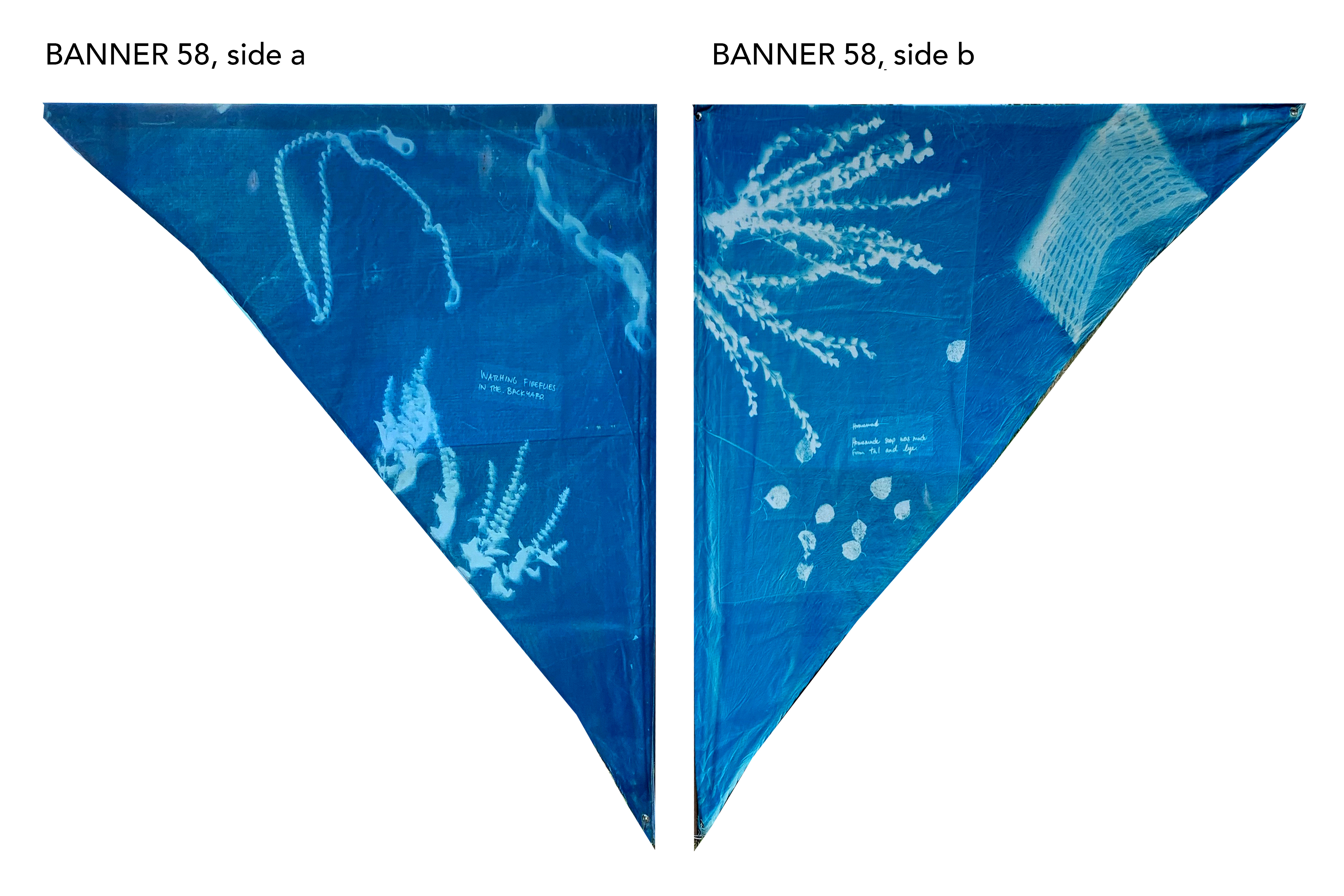 “Watching fireflies in the backyard.”
“Handmade soap was made from tal and lye.”
“Watching fireflies in the backyard.”
“Handmade soap was made from tal and lye.”
 “The woods provided blackberries, at times by the bucket, and hickory nuts.”
“from the bareness and simplicity of Winter – to Spring with its promise of life to come, to the growth and bounty of Summer, when Spring’s potential is fulfilled, - to Fall’s beauty and its acceptance and resignation of the bareness once again to come“
“The woods provided blackberries, at times by the bucket, and hickory nuts.”
“from the bareness and simplicity of Winter – to Spring with its promise of life to come, to the growth and bounty of Summer, when Spring’s potential is fulfilled, - to Fall’s beauty and its acceptance and resignation of the bareness once again to come“
 “Standing in the middle of our pastures, the grassland birds sing and swoop. Some ride on the back of cattle.”
“As a child, I was taught and shown how to take care of Mother Nature, from plants to animals and everything in between.”
“Standing in the middle of our pastures, the grassland birds sing and swoop. Some ride on the back of cattle.”
“As a child, I was taught and shown how to take care of Mother Nature, from plants to animals and everything in between.”
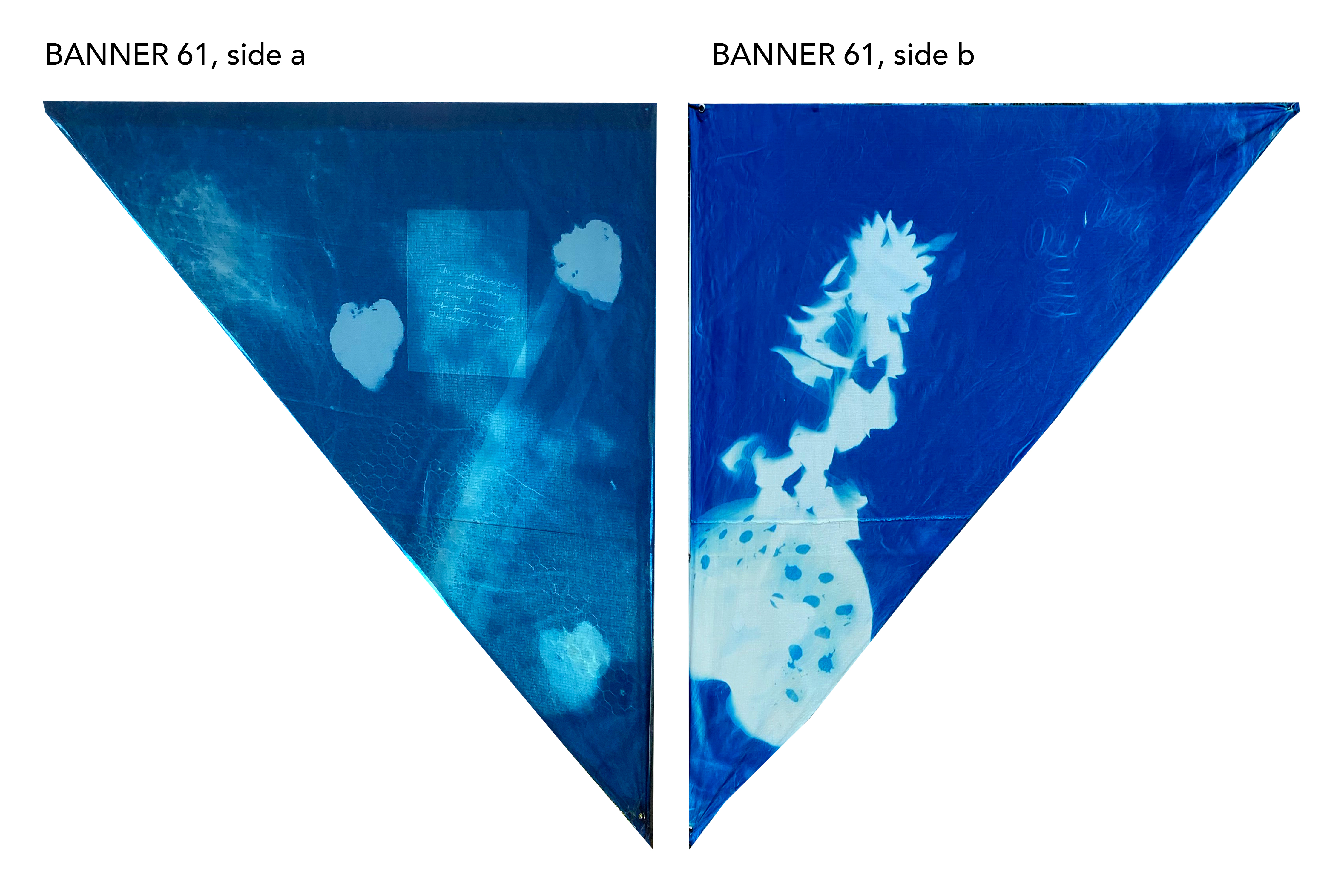 “The vegetative growth is a most amazing feature of these rock formations amongst the beautiful hills.”
“The vegetative growth is a most amazing feature of these rock formations amongst the beautiful hills.”

“TOWER ROCK” “Walking with my dad in the hayfield after the evening milking and watching him stand and smell the sweet scent of the freshly cut hay. Then hearing him say there wasn’t a better smell in the world.“

“Milking Holsteins was our family’s livelihood. We needed and depended on their milk for everything.” “this girl went and found some sacred shells and made them onto a dress and they clanged together and they created healing magic.
It was actually pretty cool when the pandemic started there were lots of videos going around that were just jingle dress dancers just dancing for healing.“
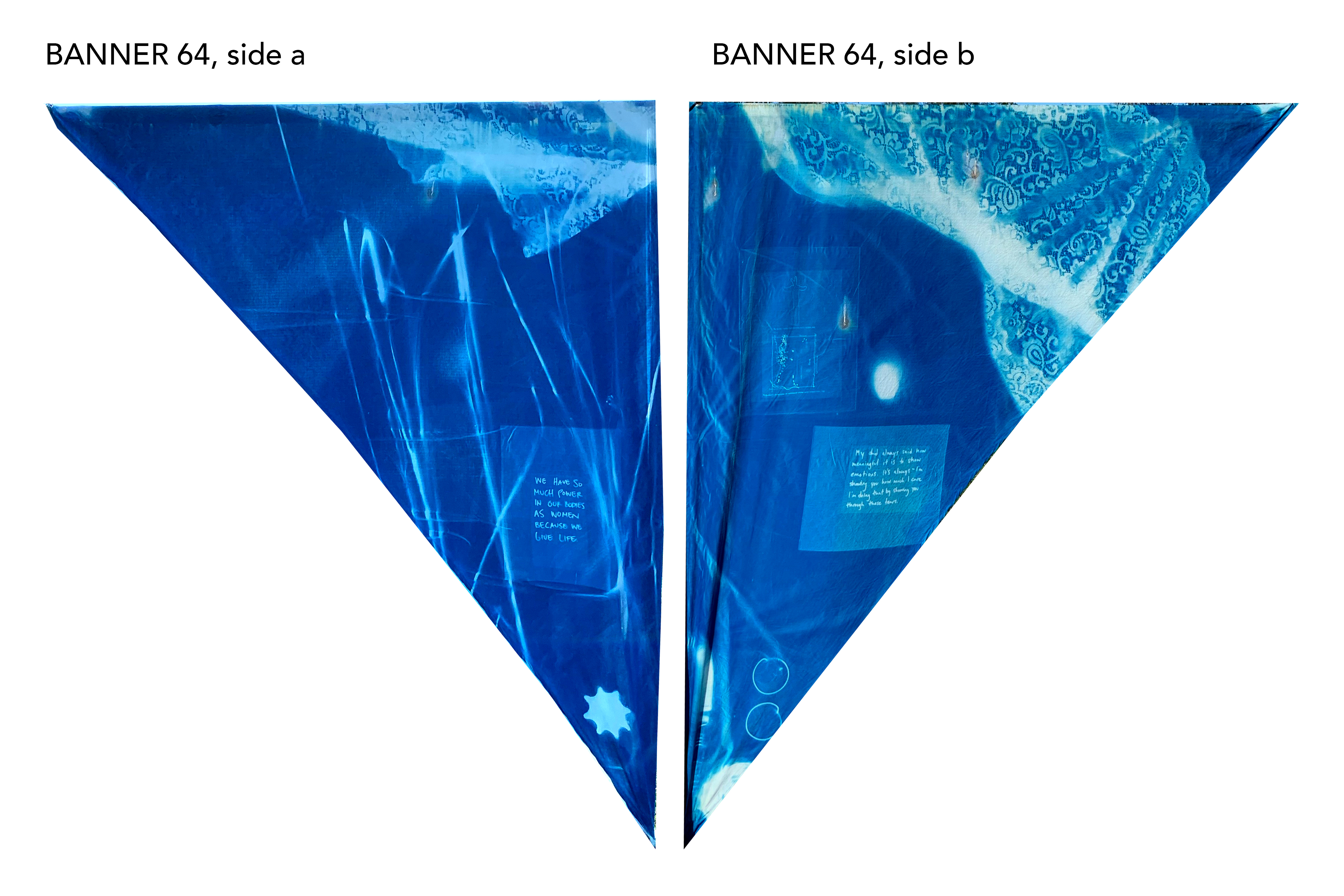
“We have so much power in our bodies as women because we give life.” “My dad always said how meaningful it is to show your emotions. My dad, he’s always been very open. I’ve seen my dad cry a million times. It’s always - I’m showing you how much I care I’m doing that by showing you through these tears“
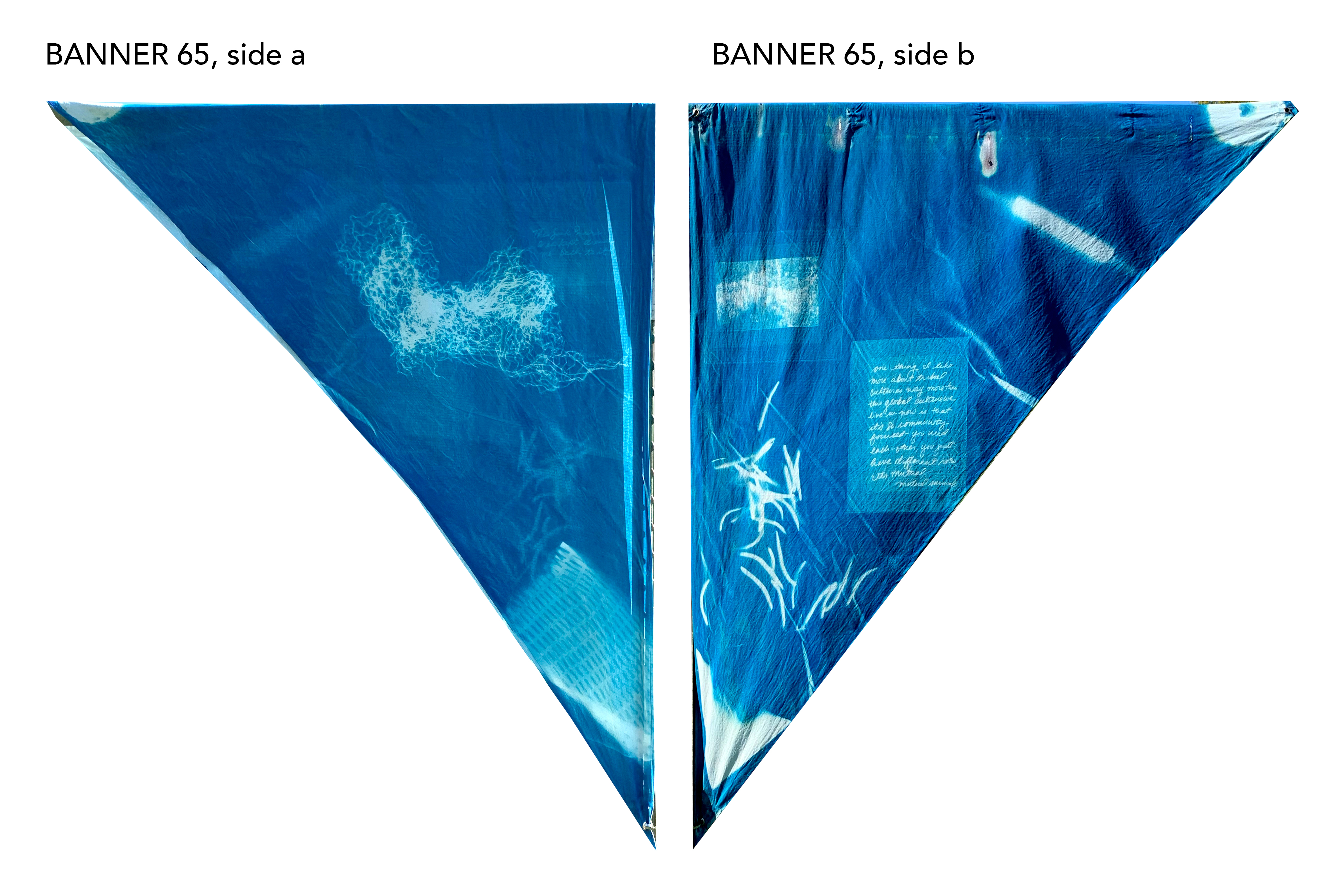
“The Sauk Prairie area kept calling me back to it.” “One thing I like more about tribal cultures way more than this global culture we live in now is that it’s so community focused - you need each other, you just have different roles. It’s mutual. Mutual survival.“
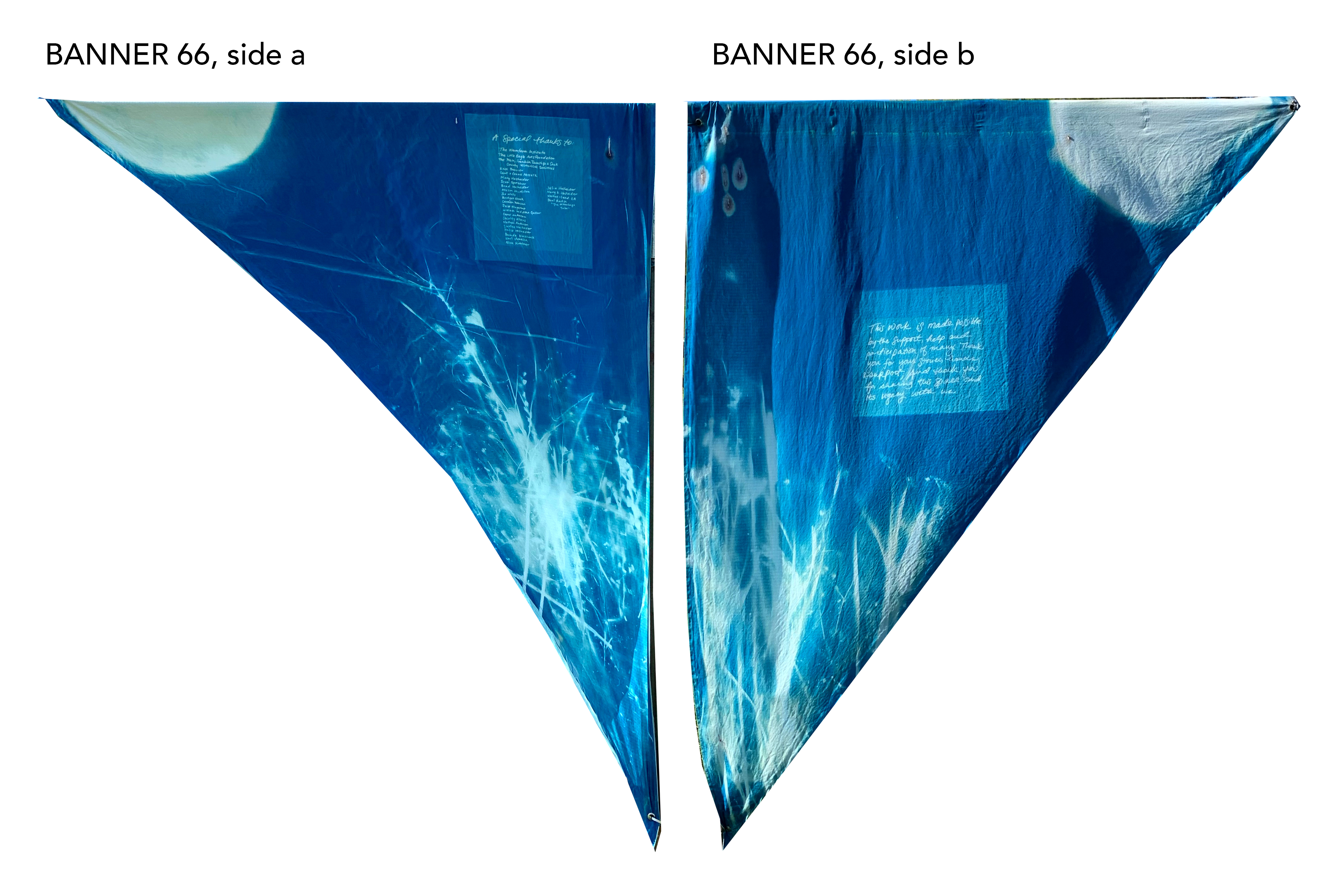 A special thanks to:
A special thanks to:- Wormfarm Institute
- Plain, Franklin Township, and Sauk County Historical Societies
- Rose Bouvier
- Connie and Clint Nesseth
- Mary Hasheider
- Scott Sprecher
- Brad Hasheider
- Little Eagle Arts Foundation (LEAF)
- Carmen Petersen
- Dale Fingerhut
- William and Alma Gasser
- Carol Anderson
- Shirley Albers
- Nathan Anderson
- Shirley Hasheider
- Philip Hasheider
- Julia Hasheider
- Mary K. Hasheider
- Nate Anderson
- Brenda Blackhawk
- Karl Unnasch
- Allen Kraemer
- Joann Mundth
- Native-Land.CA
- Allison McMillen
- Paul Radin The Winnebago Tribe
Sincerely,
Emilie, Crysten and Sheila